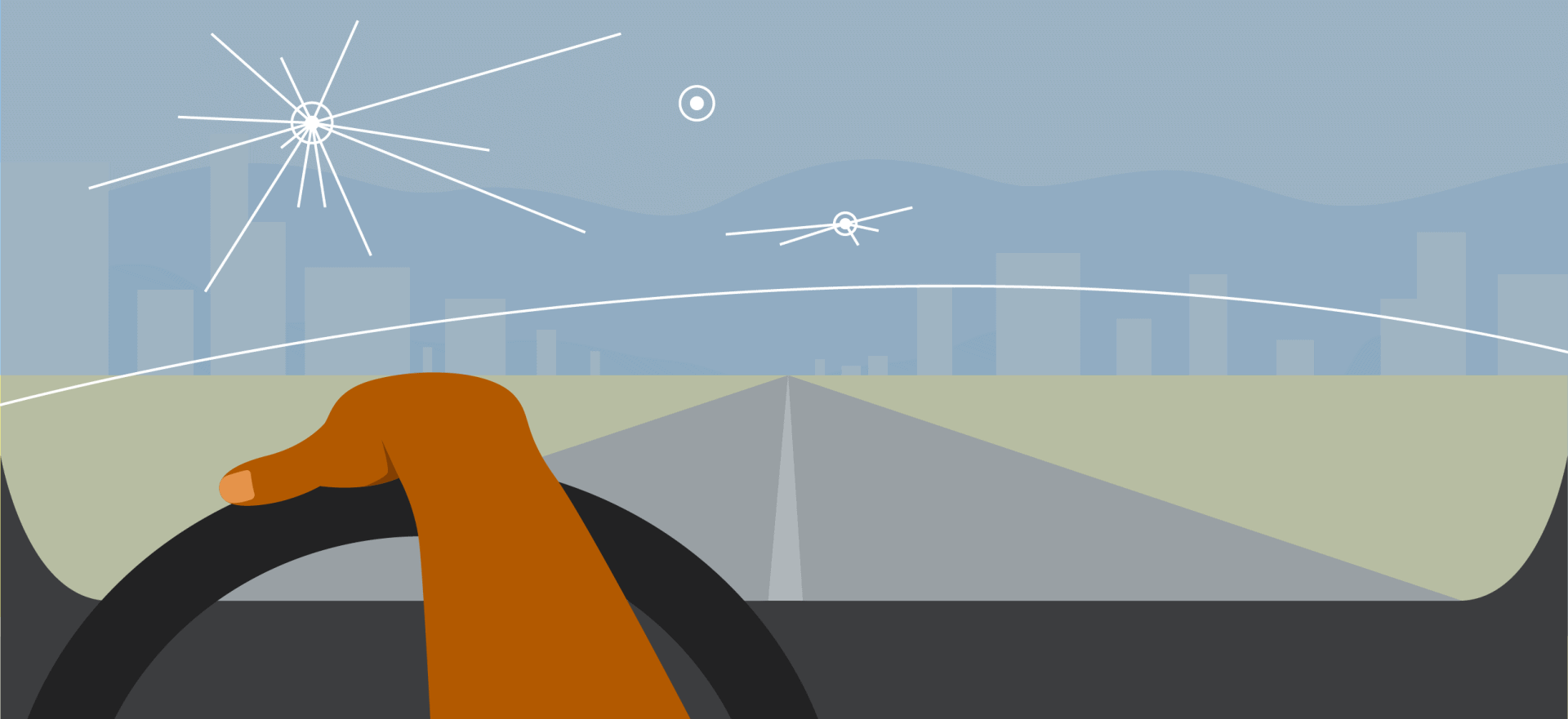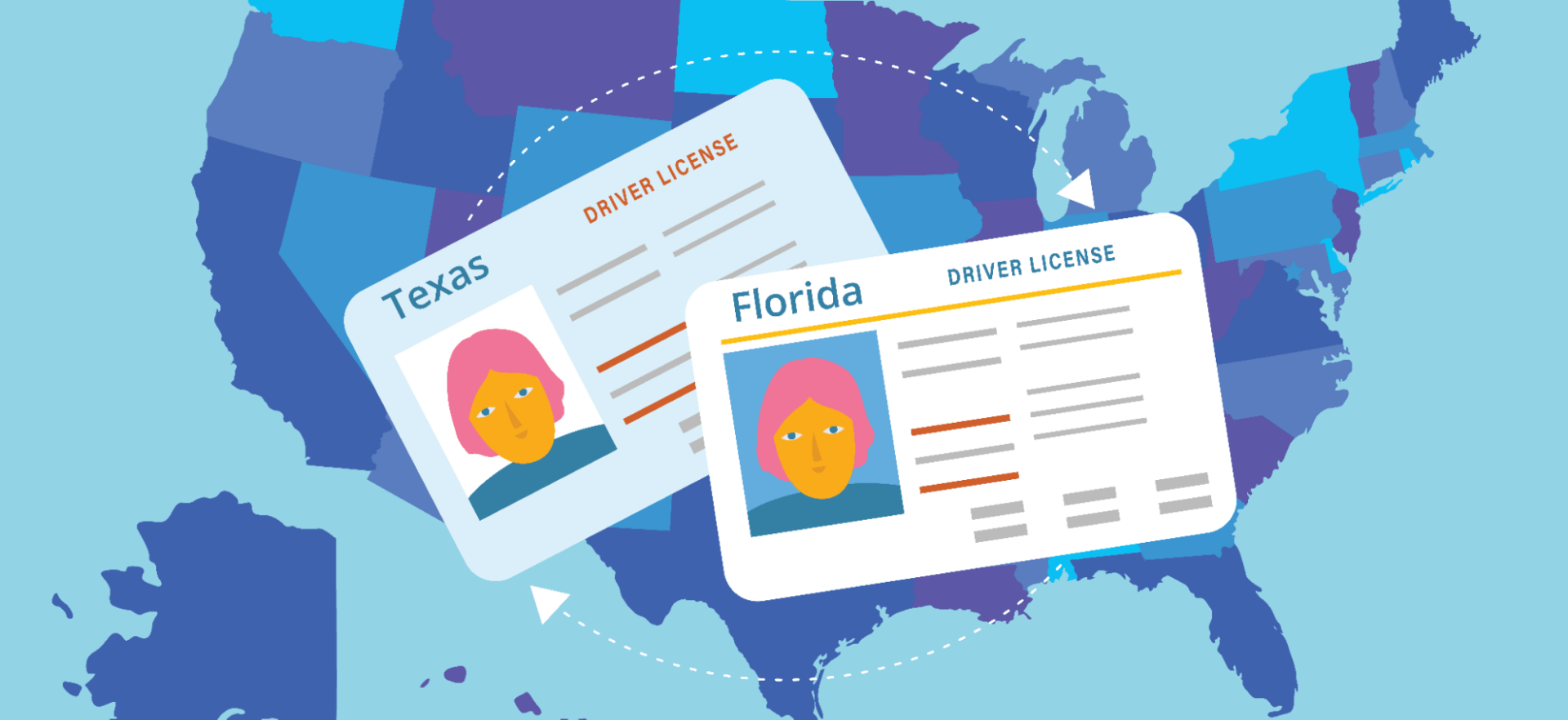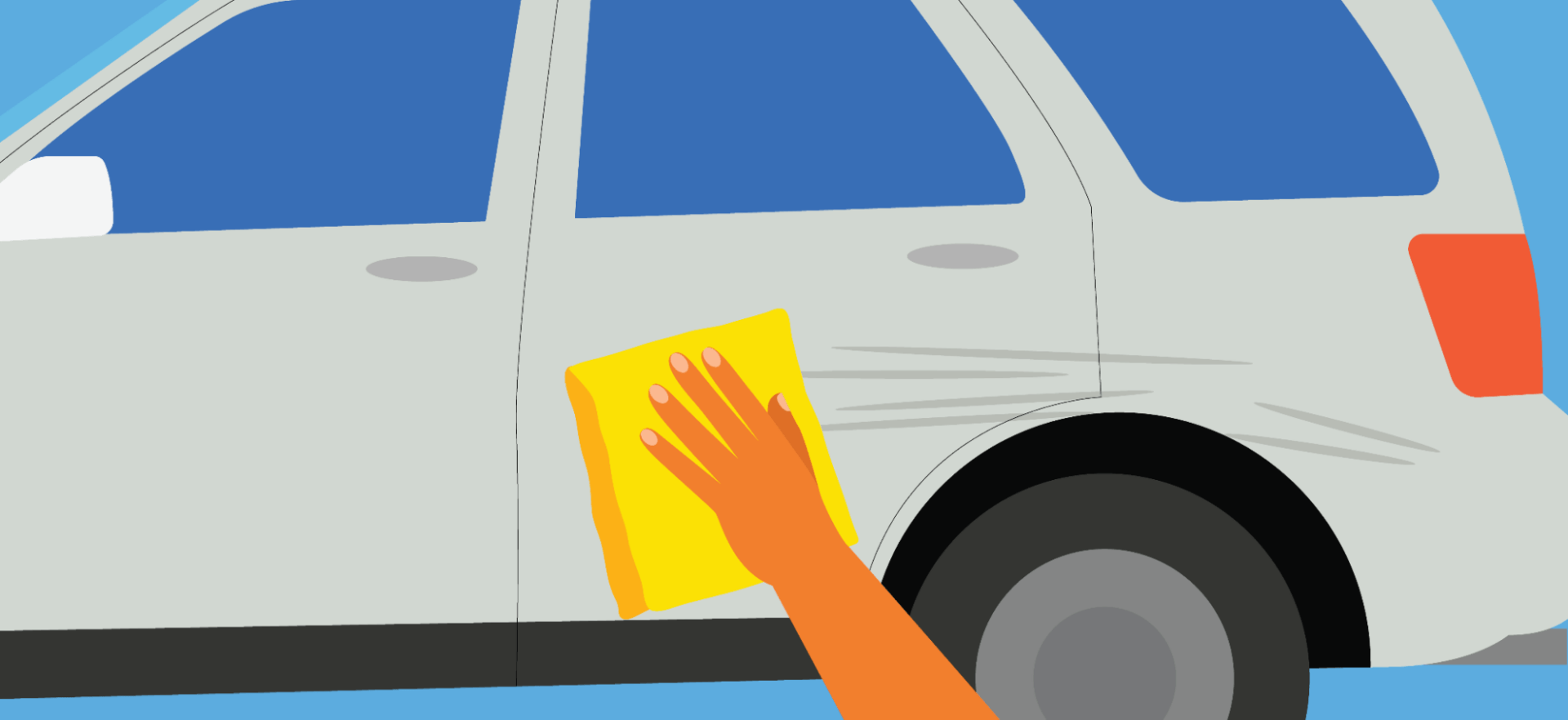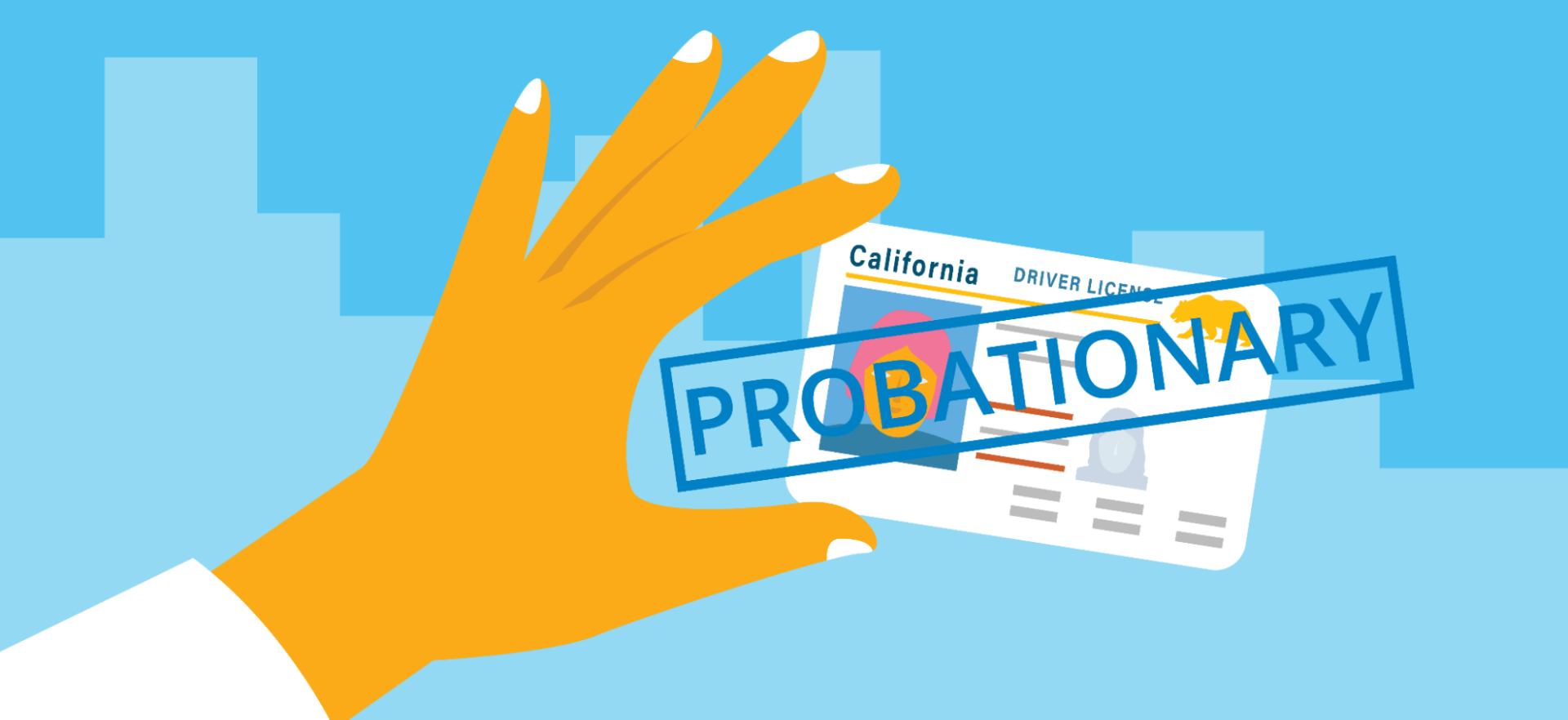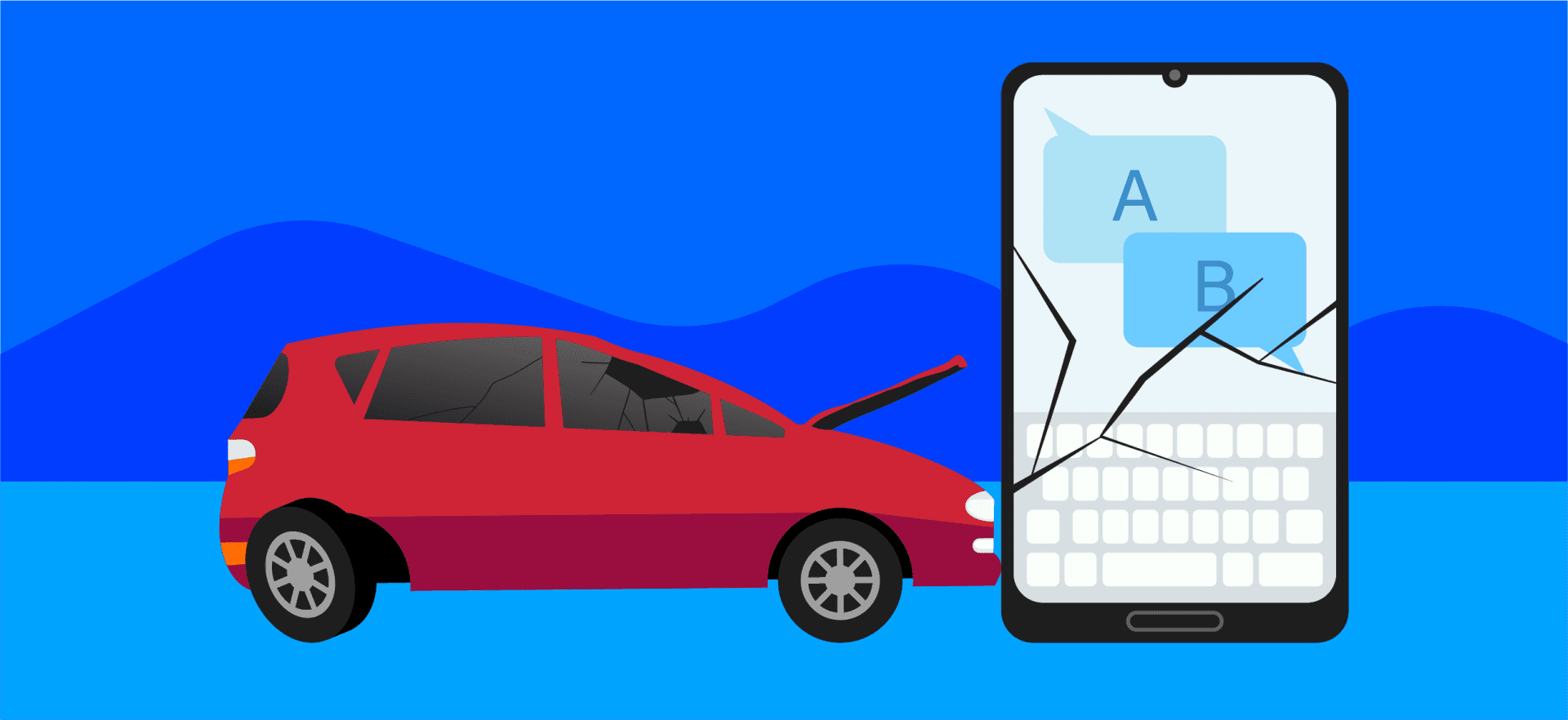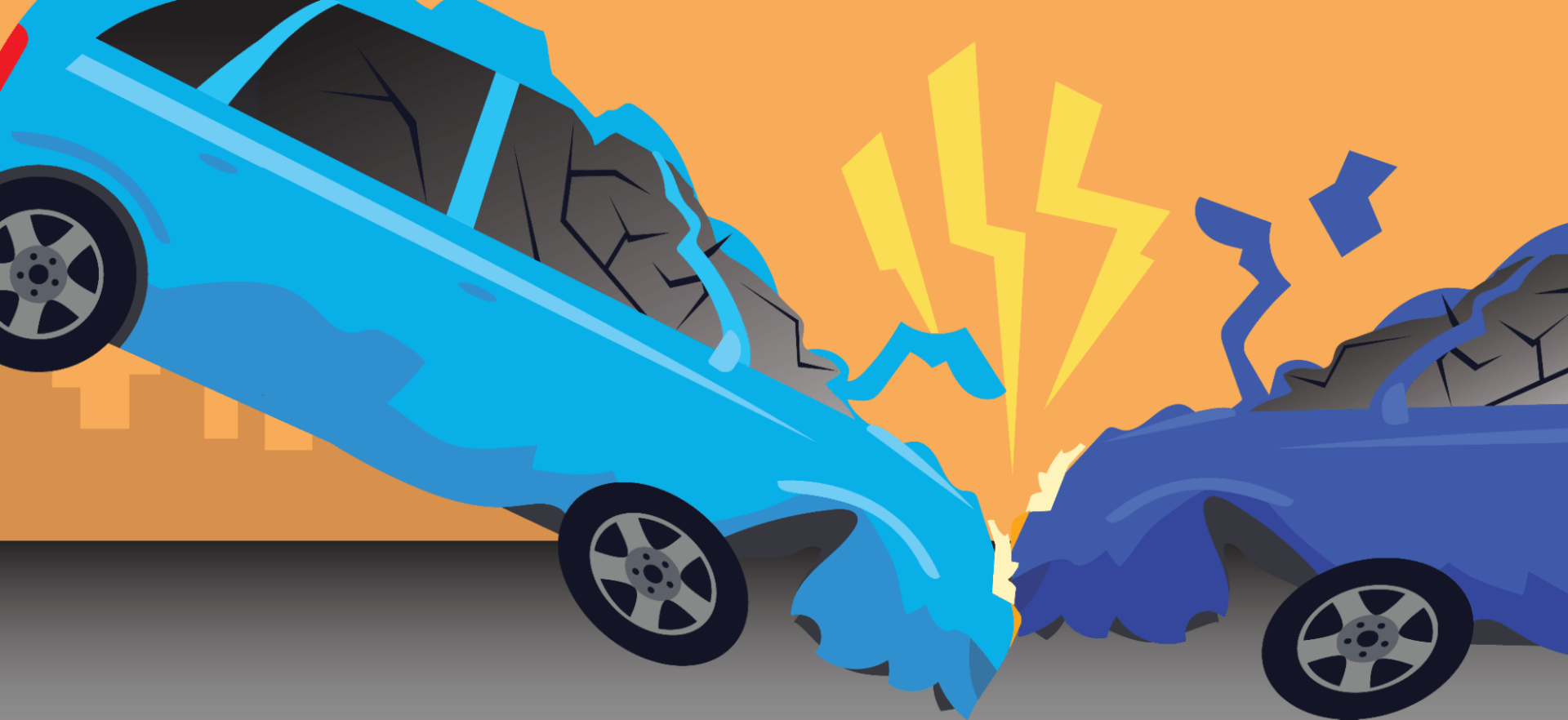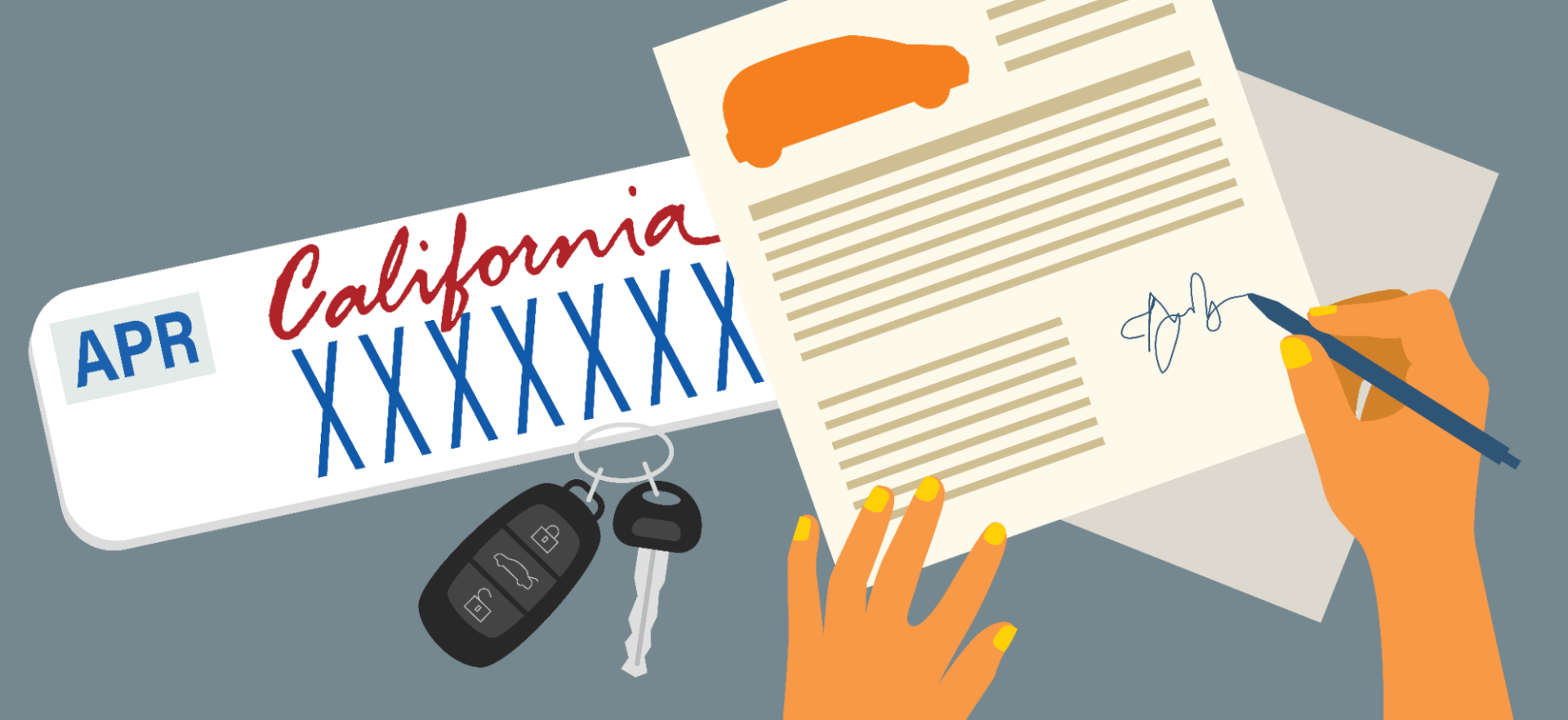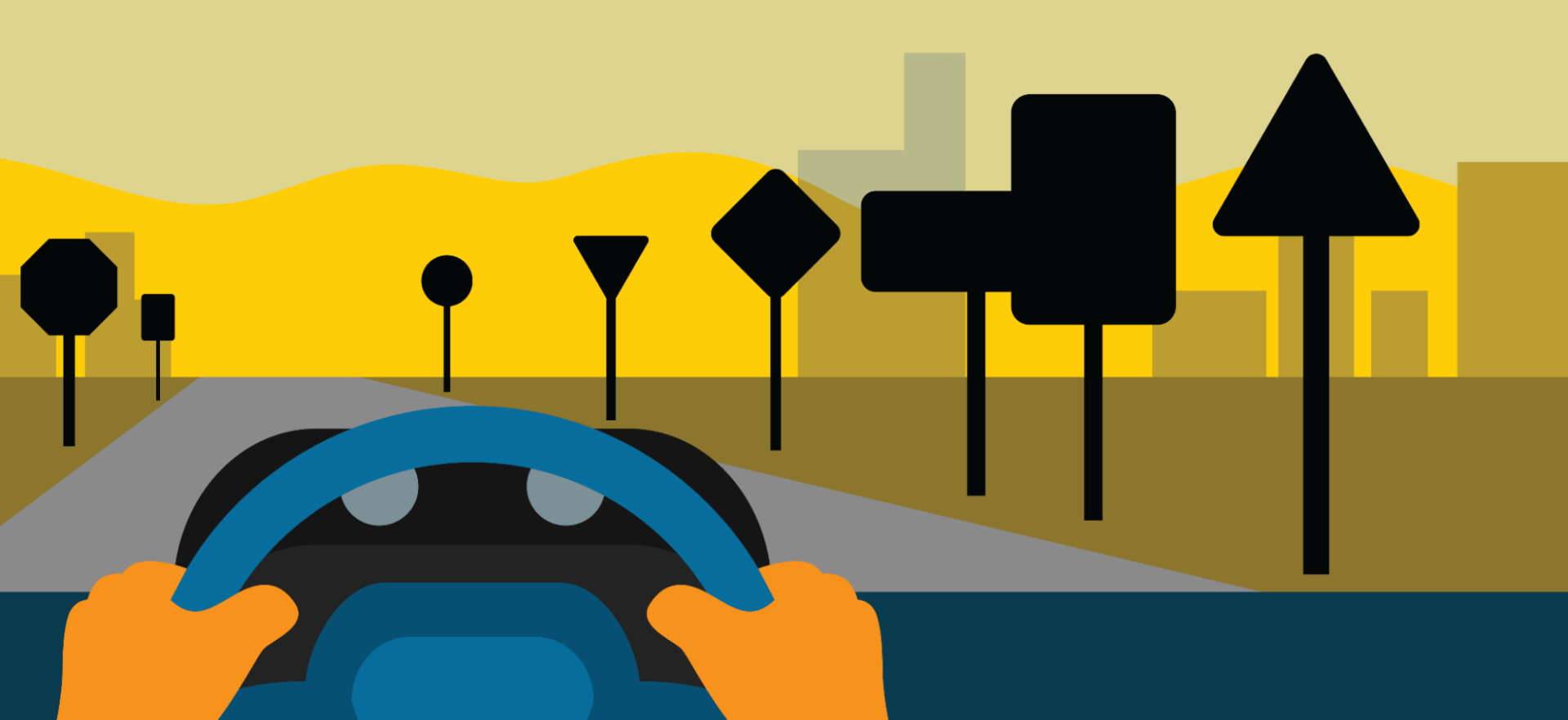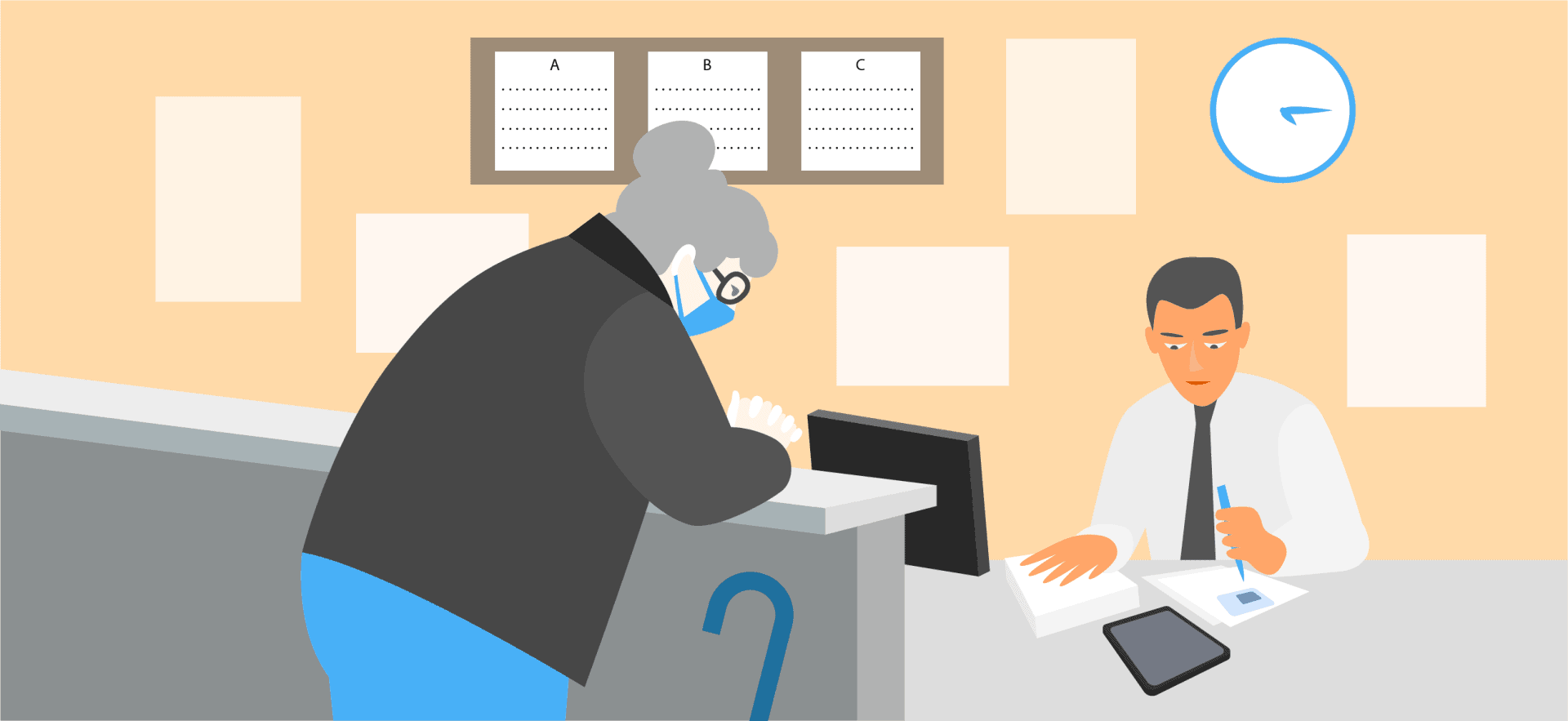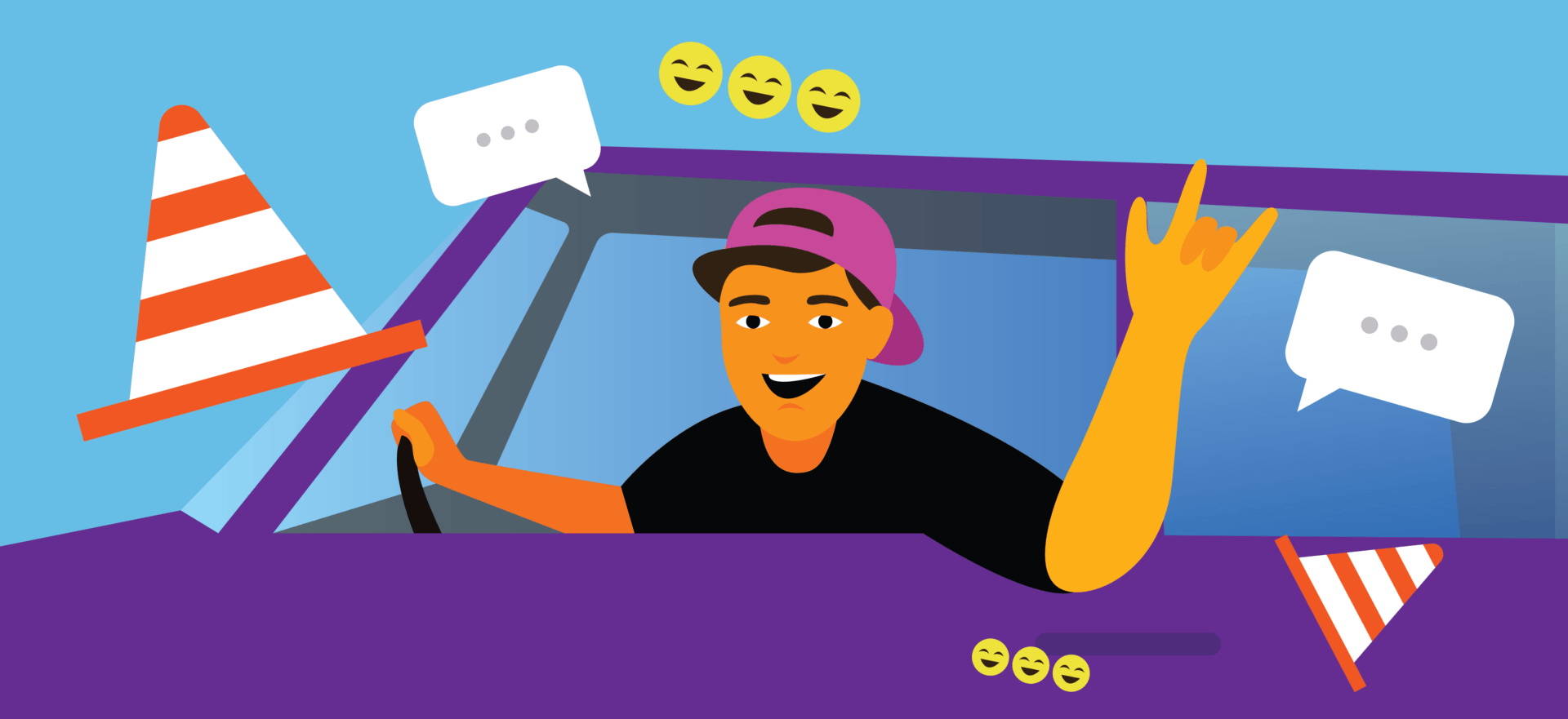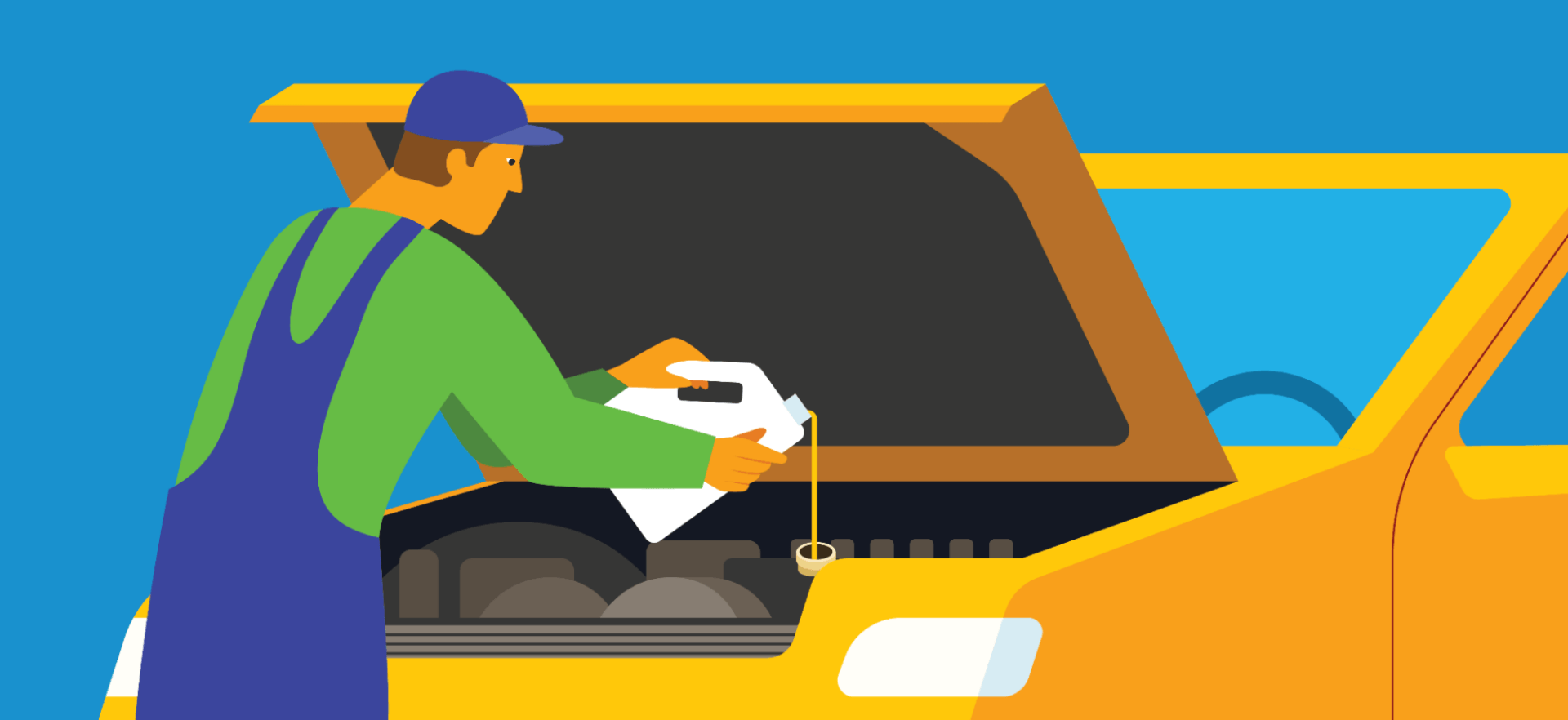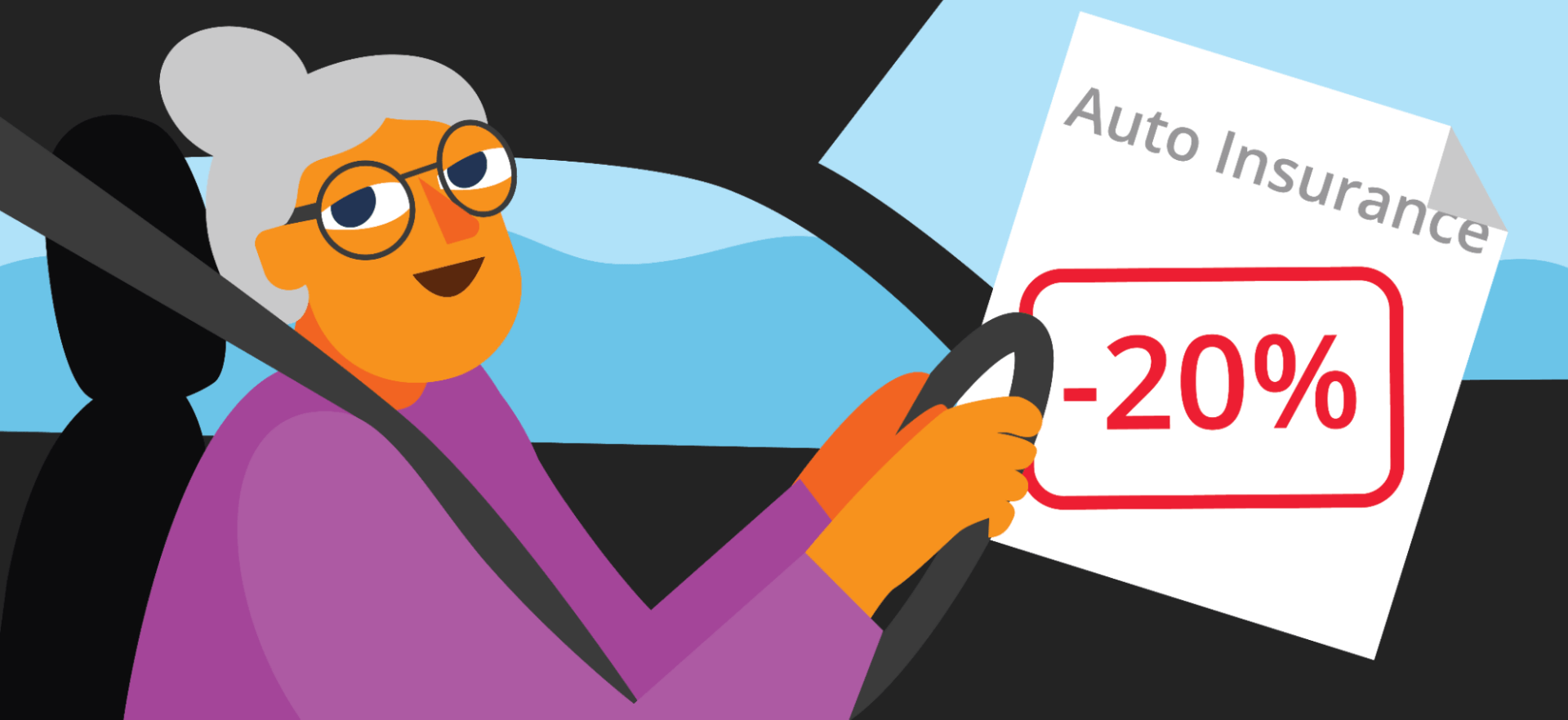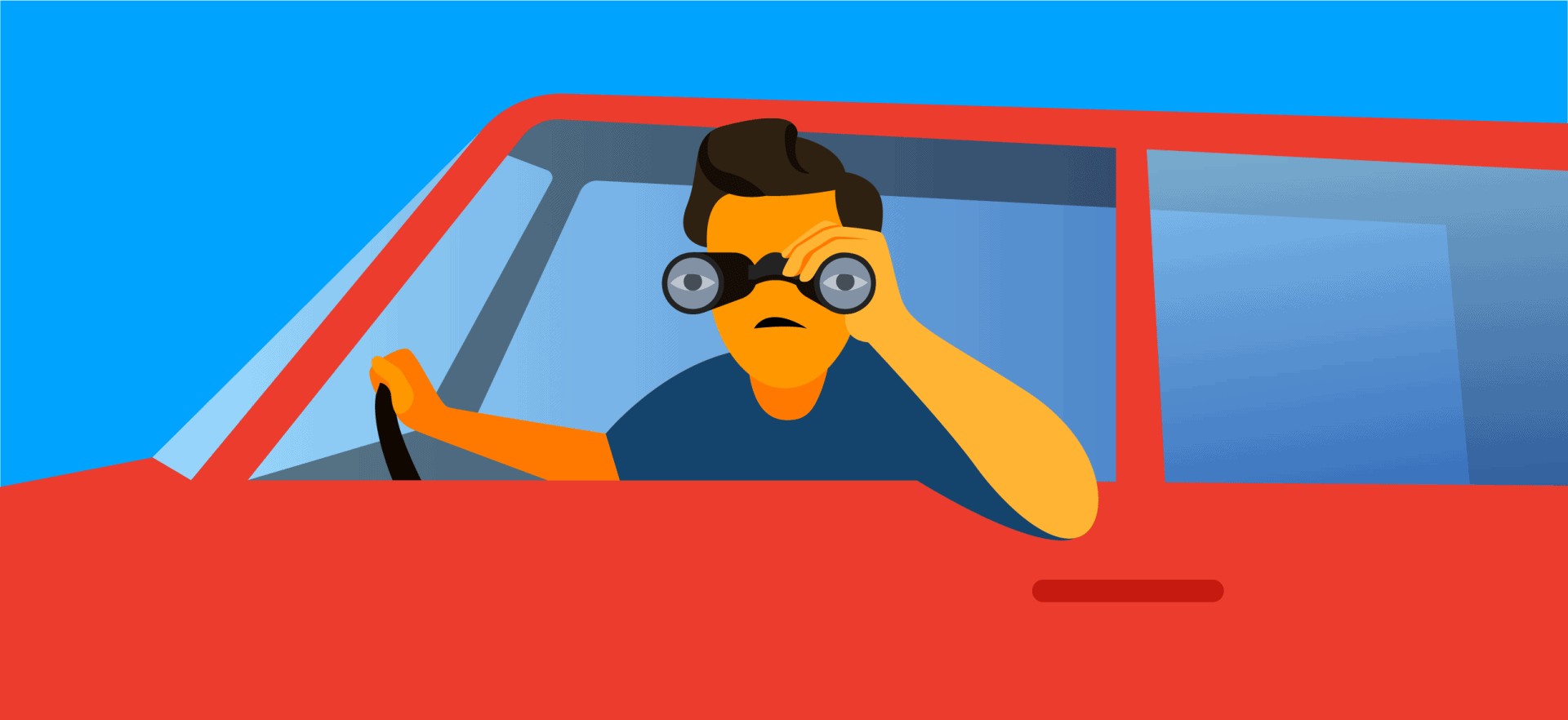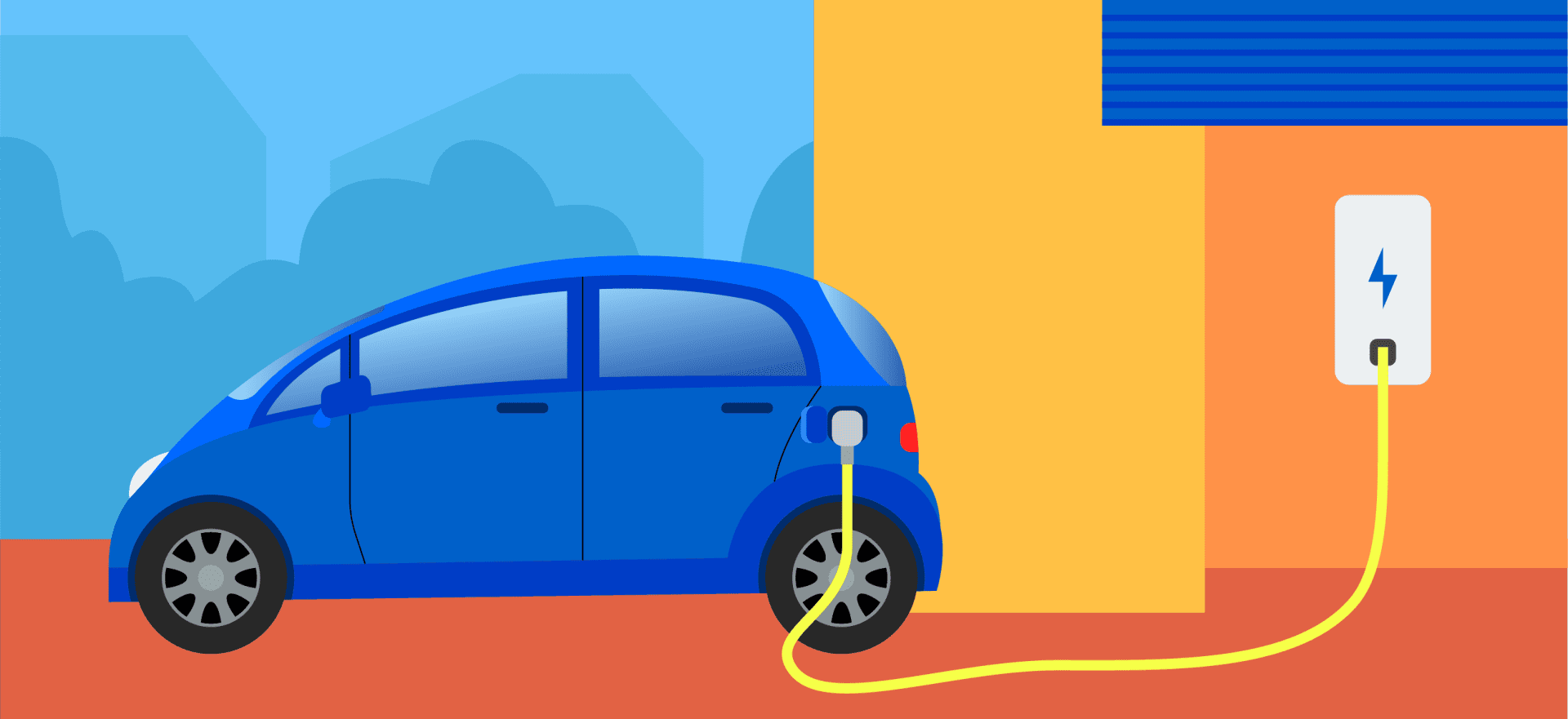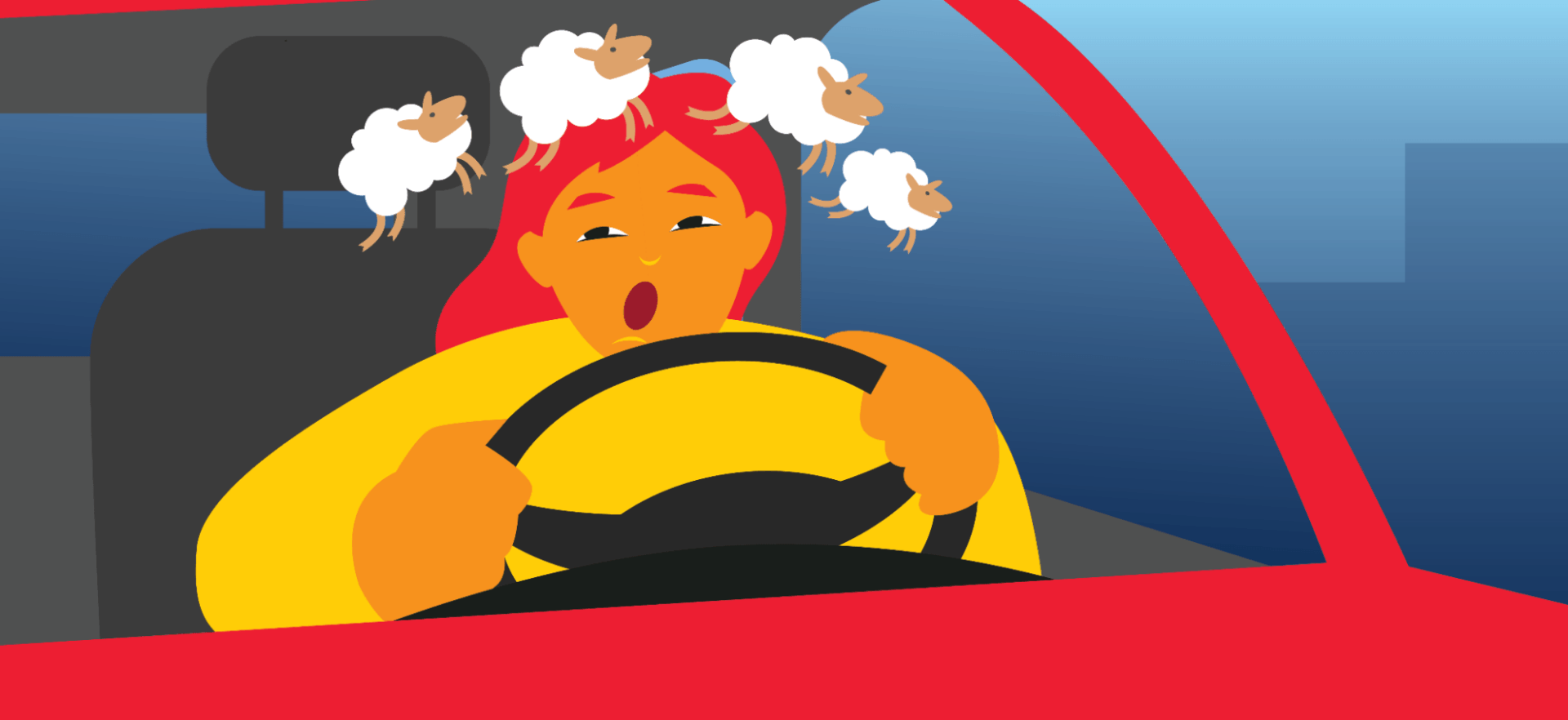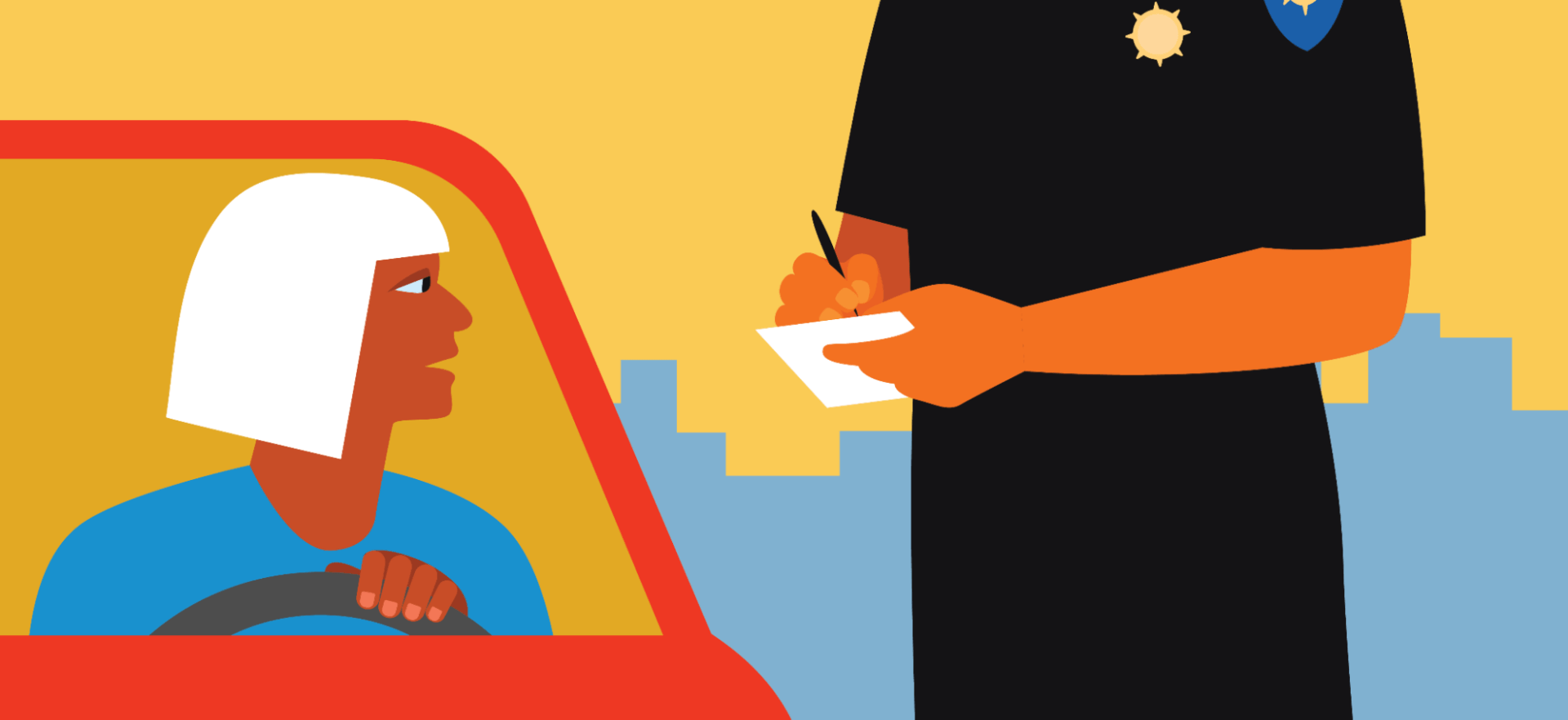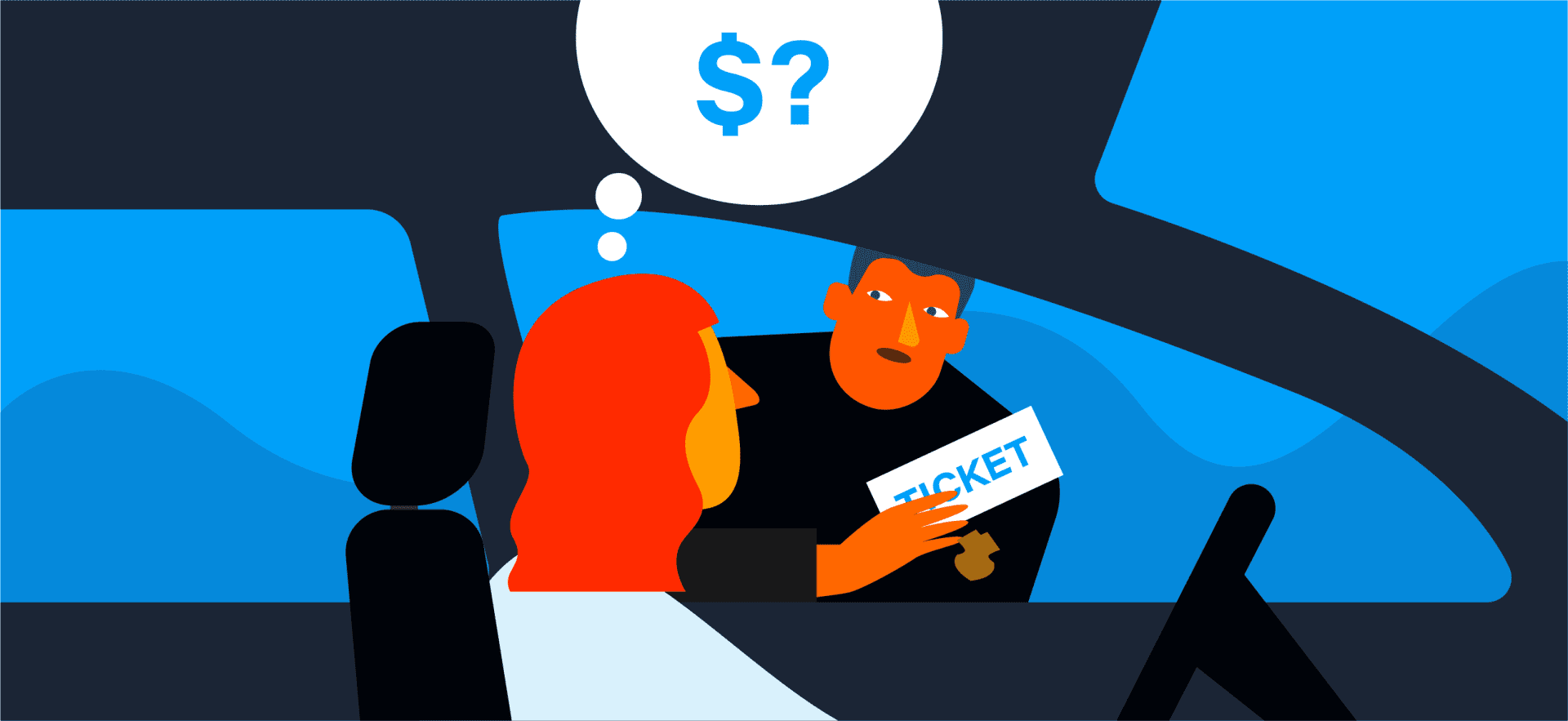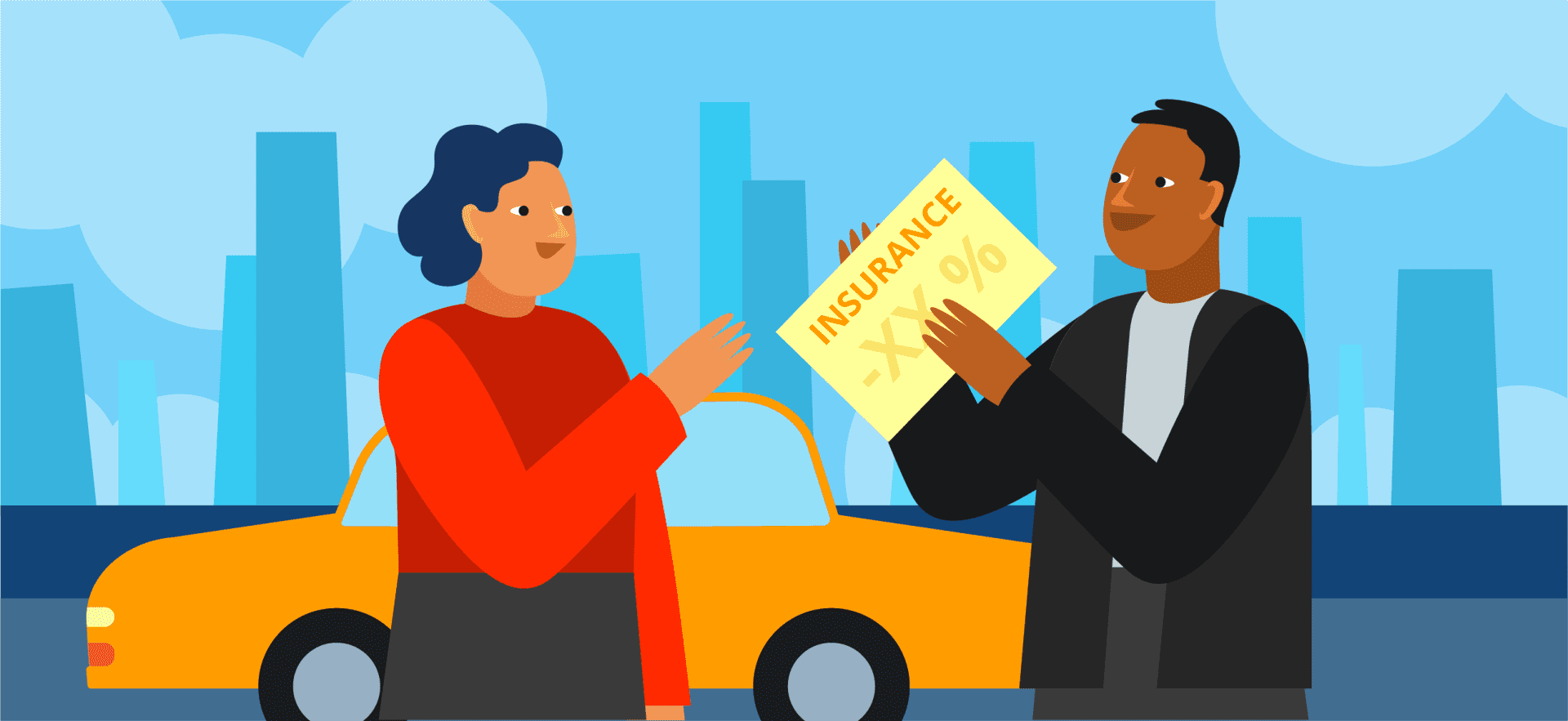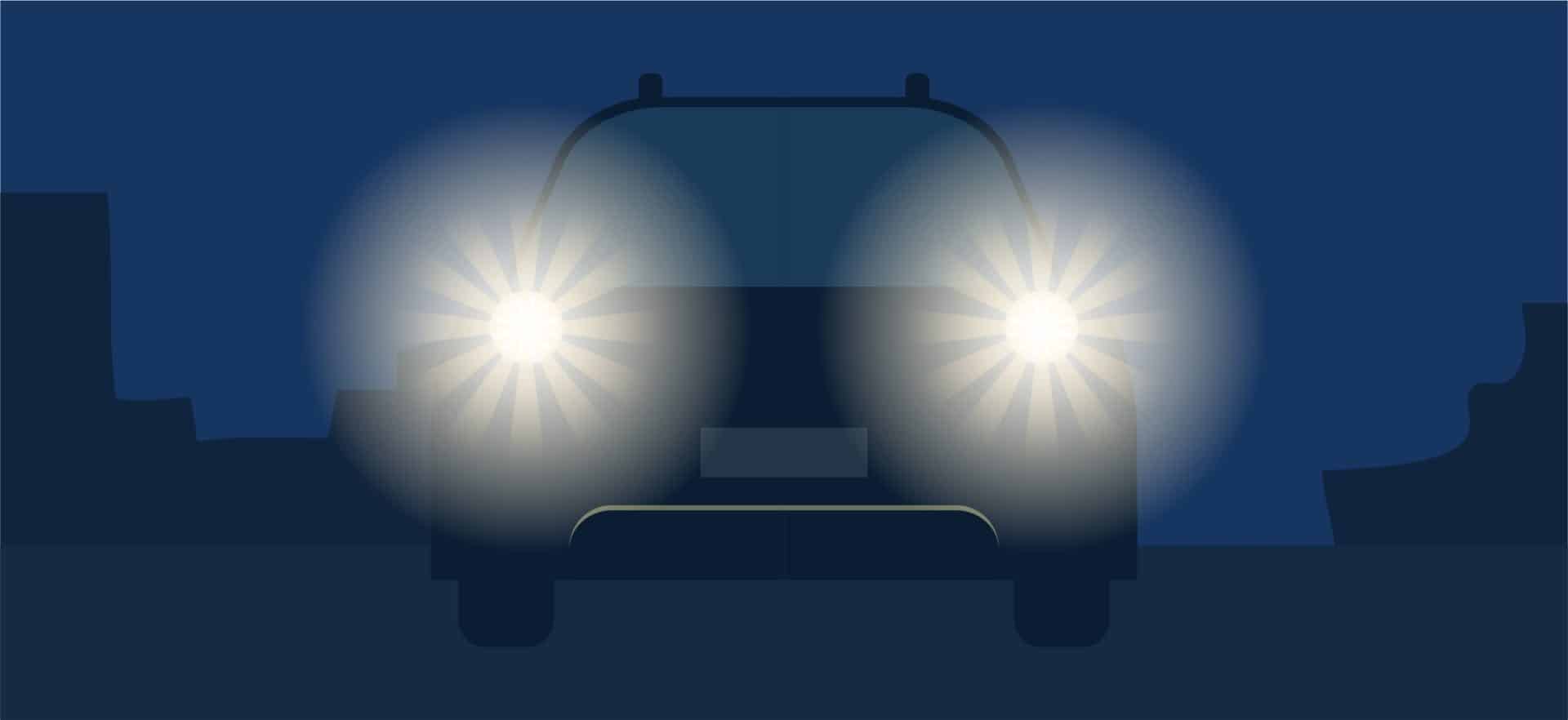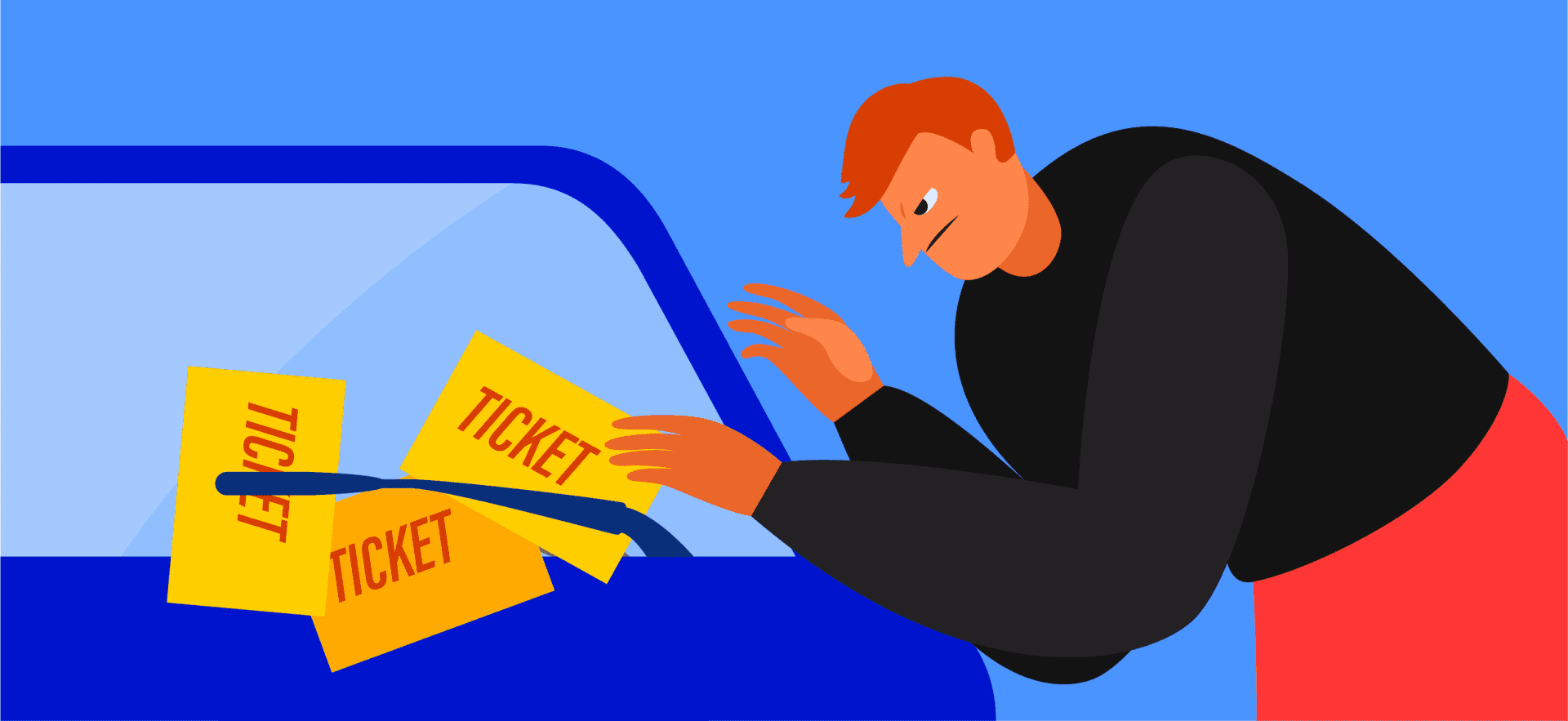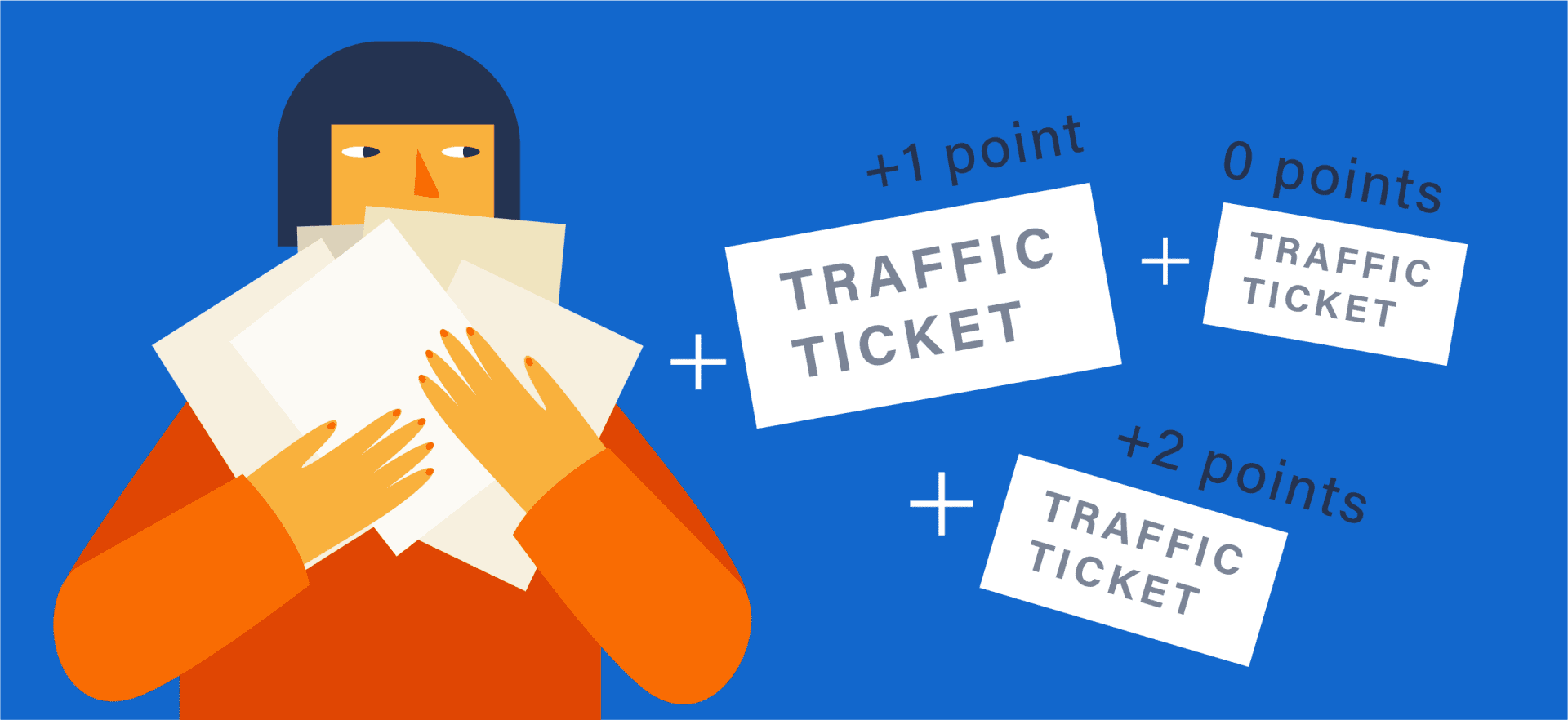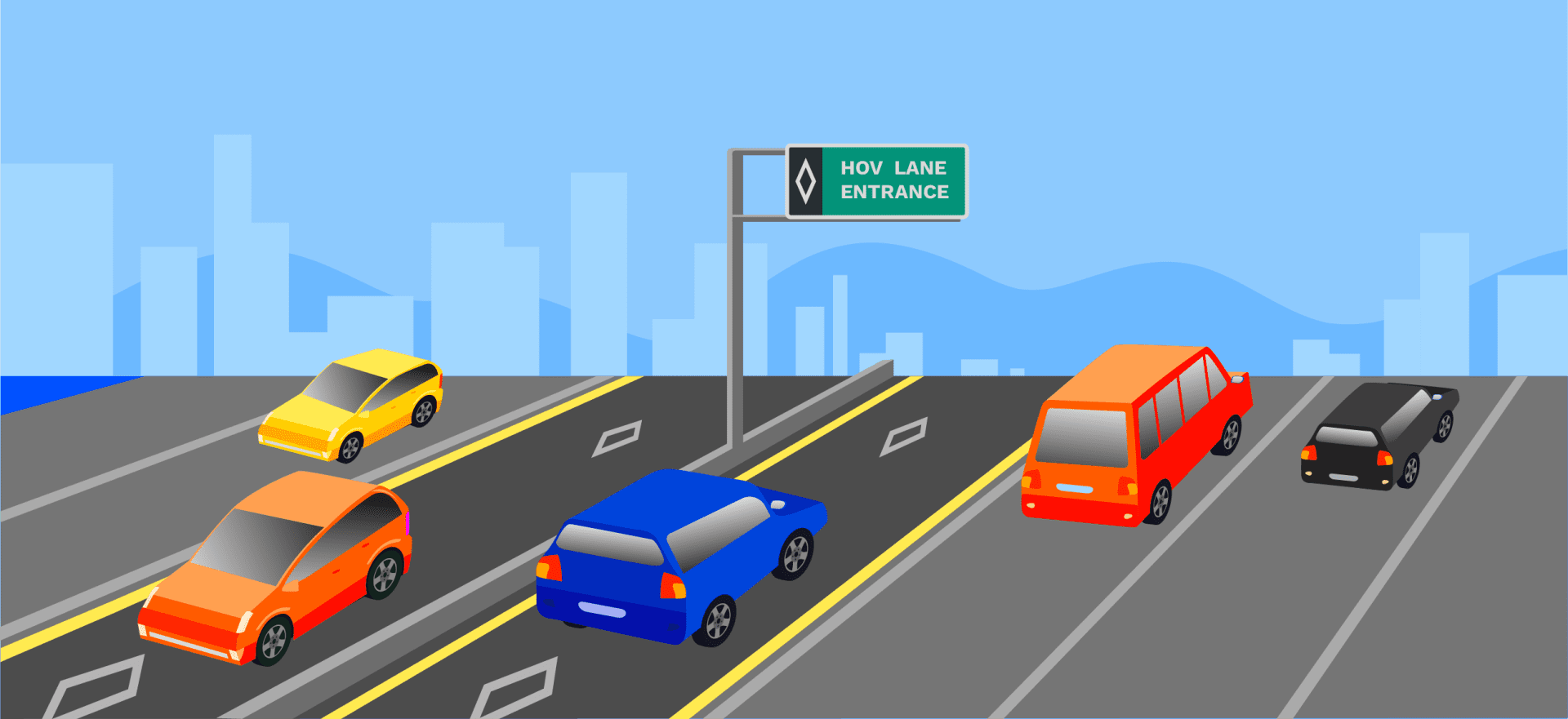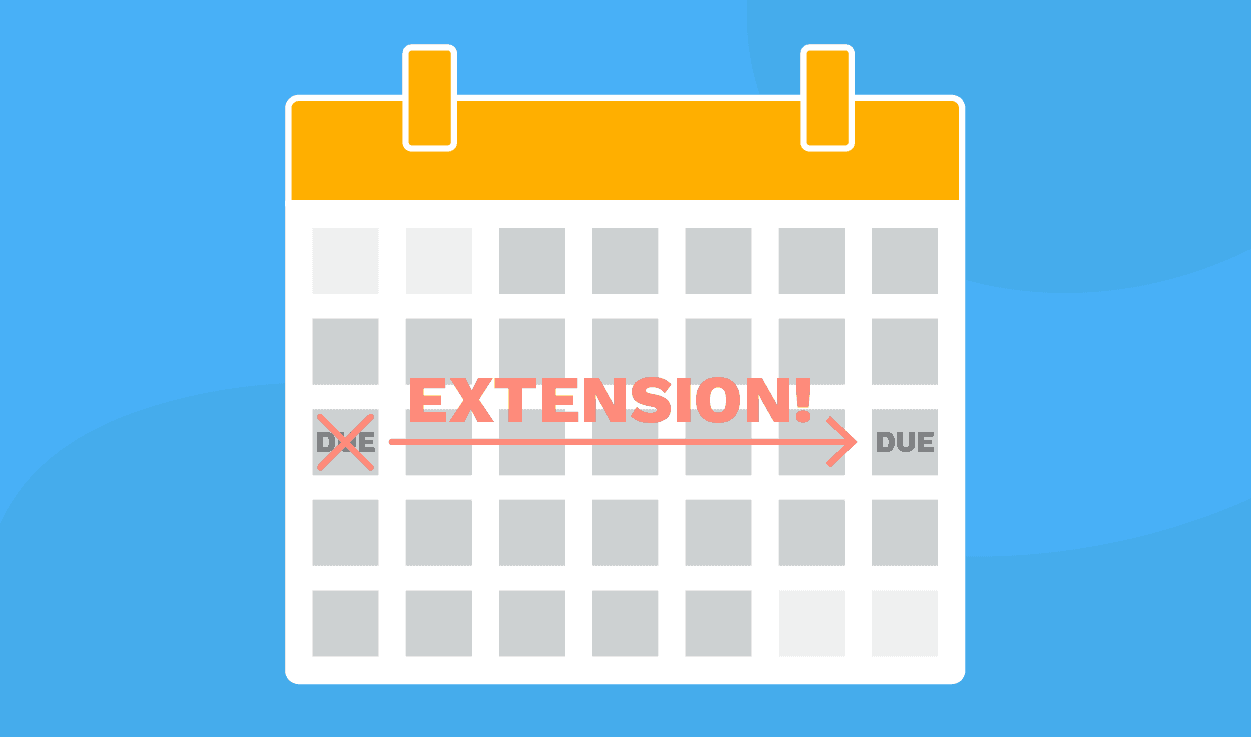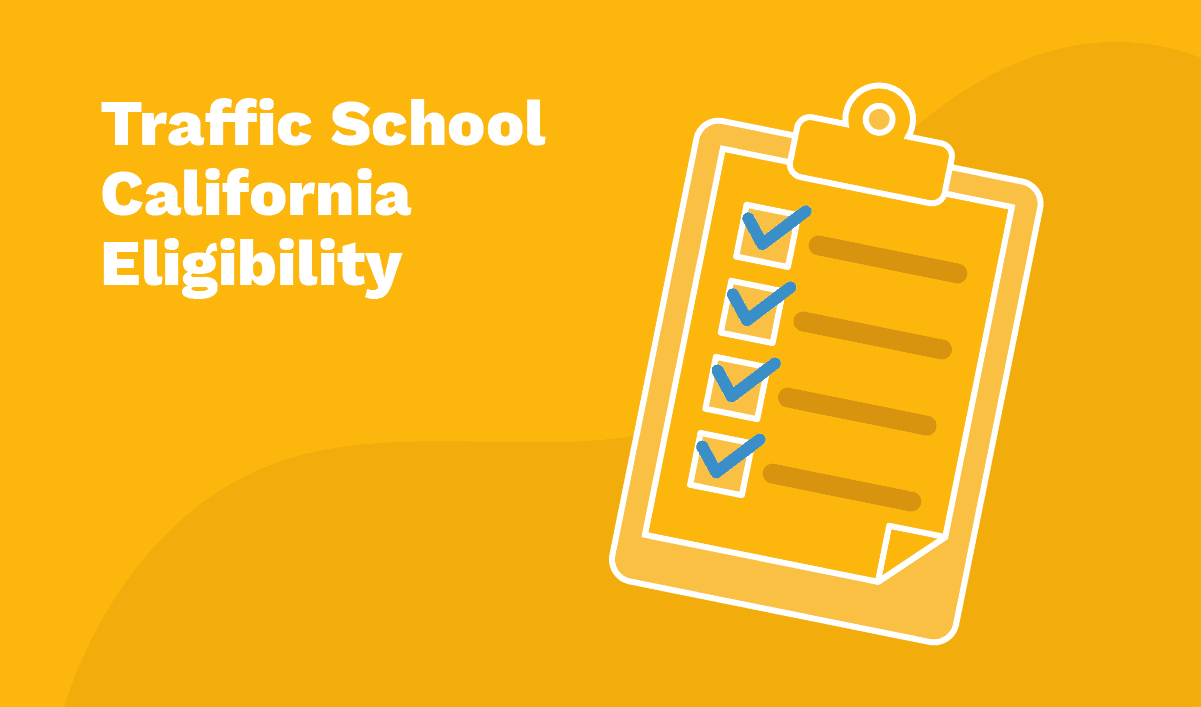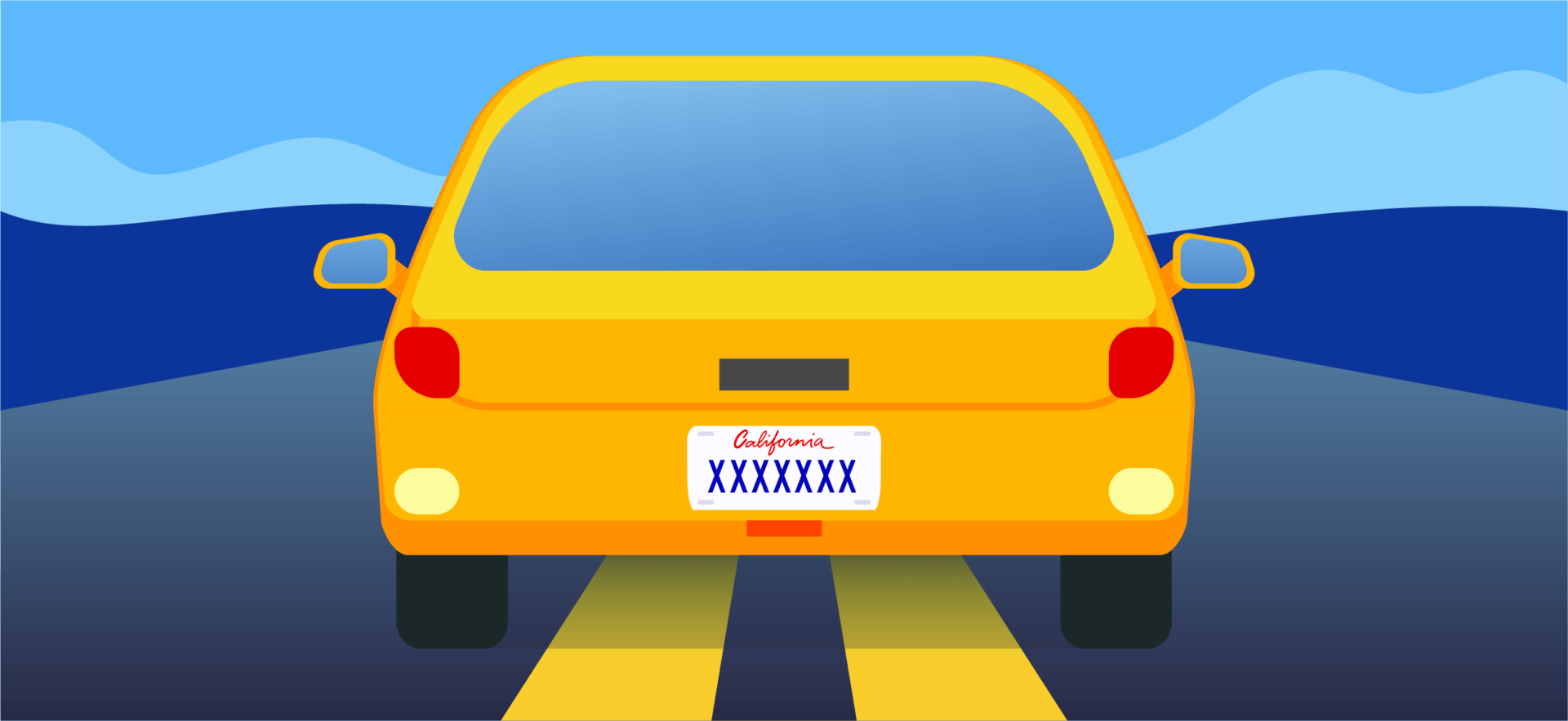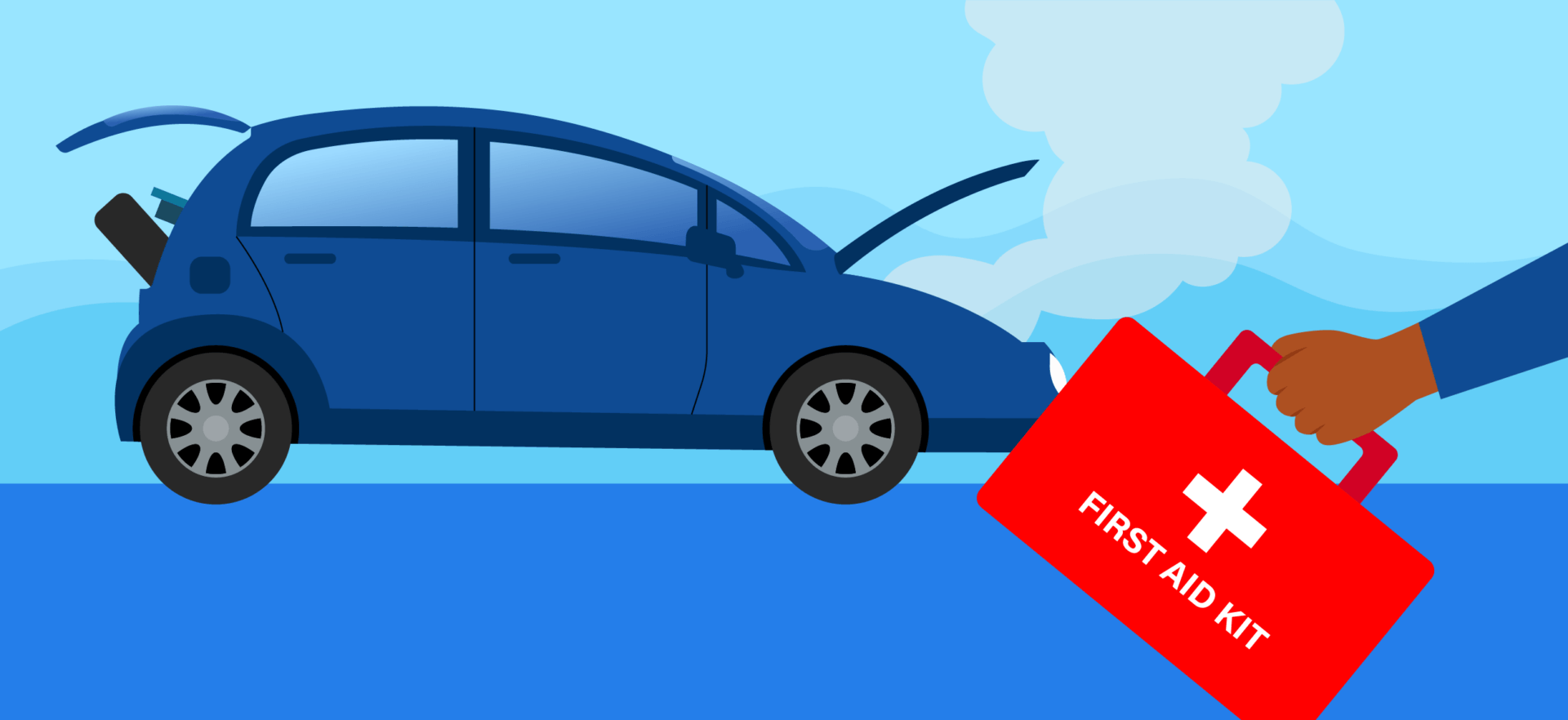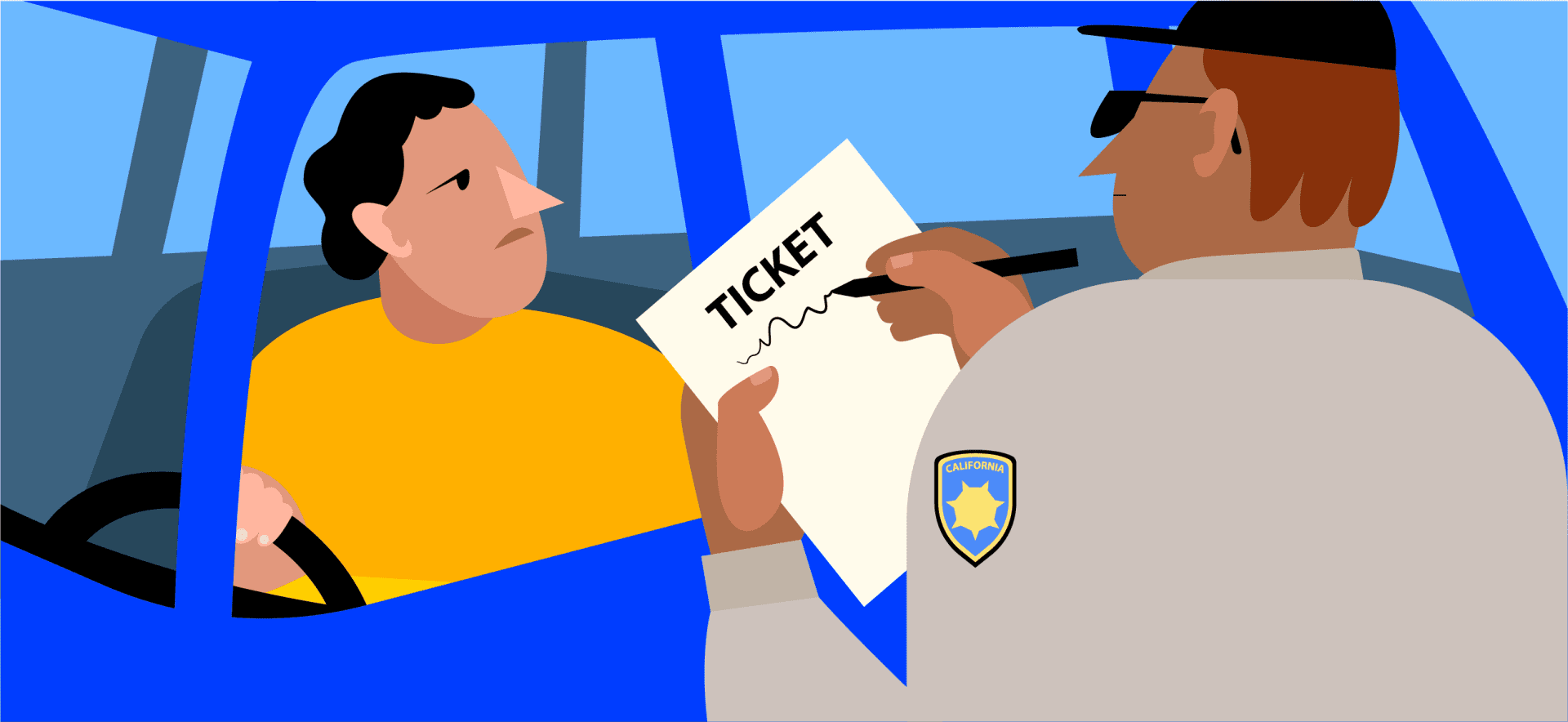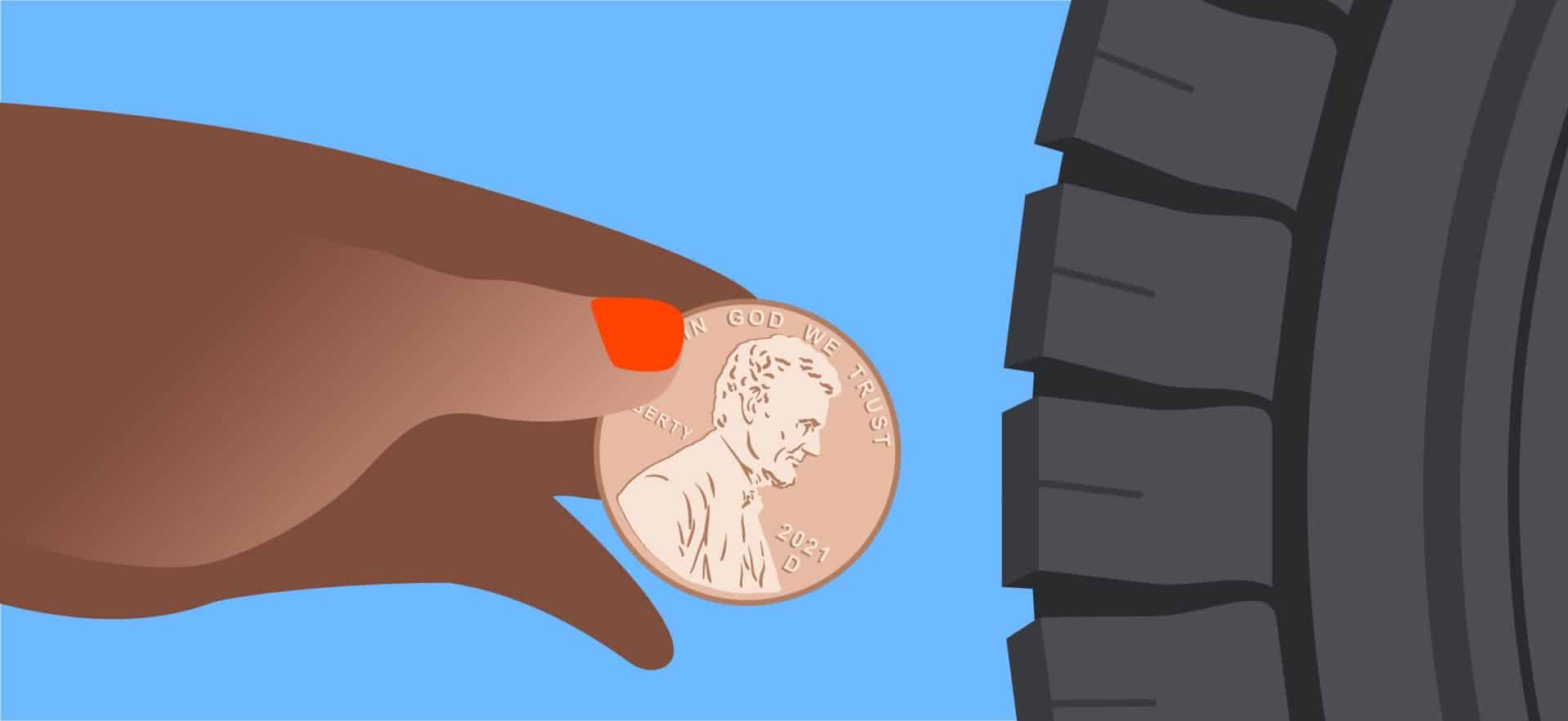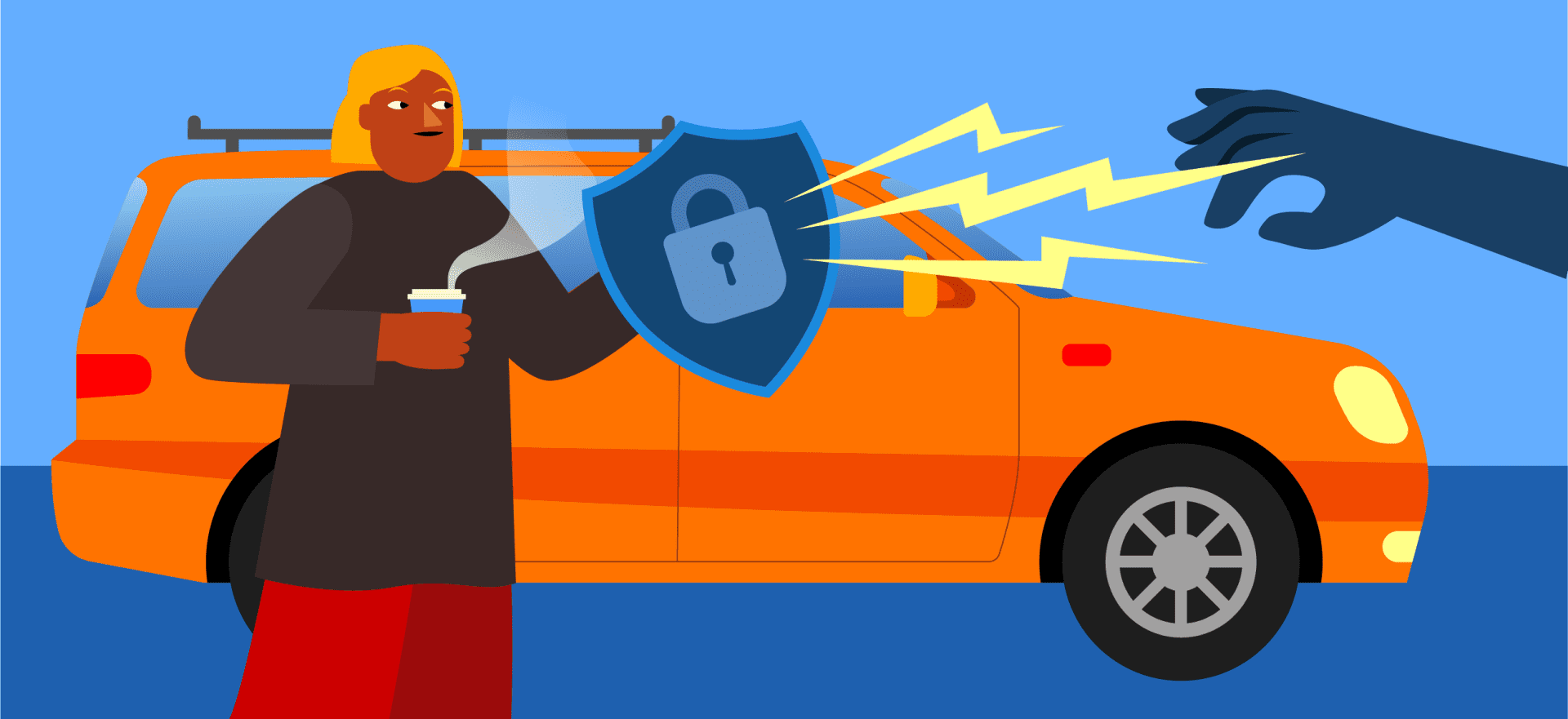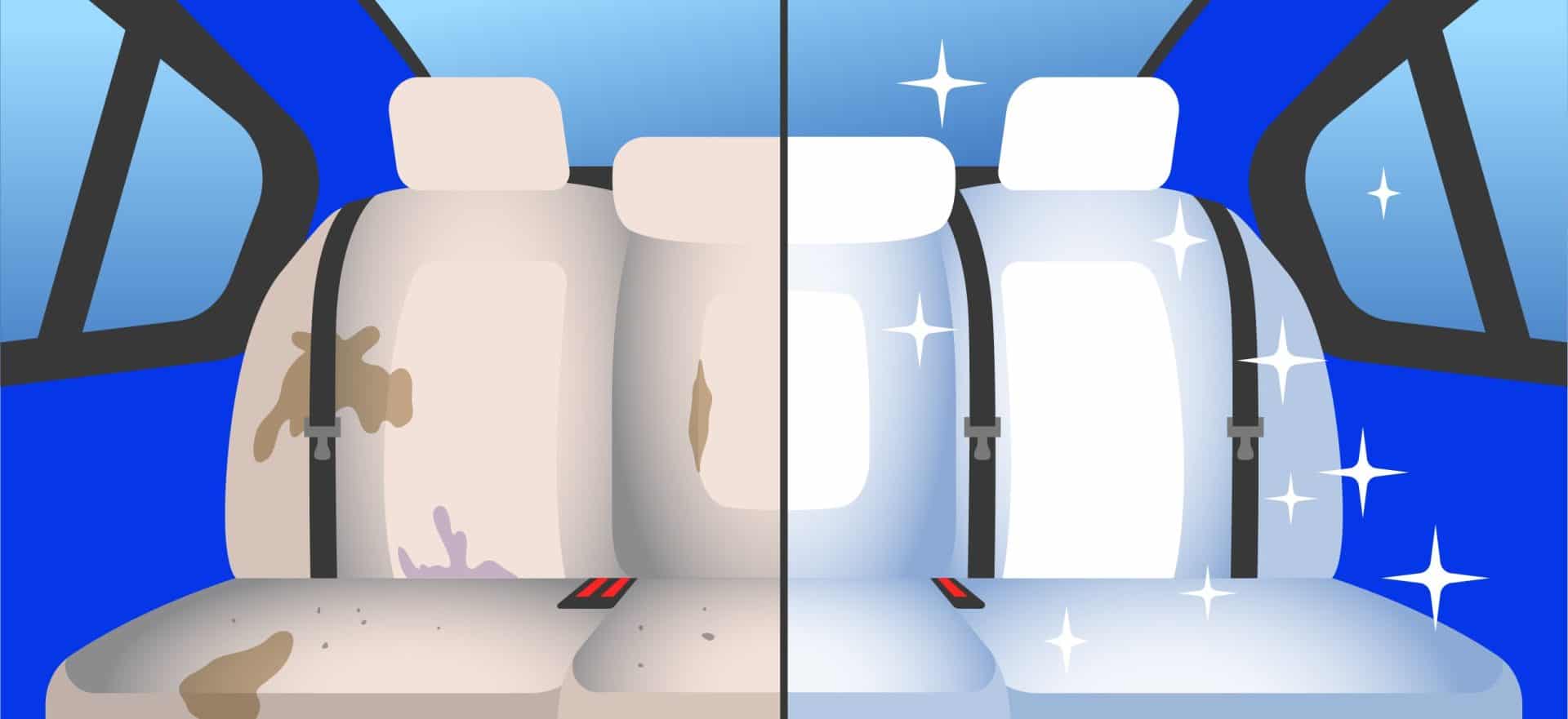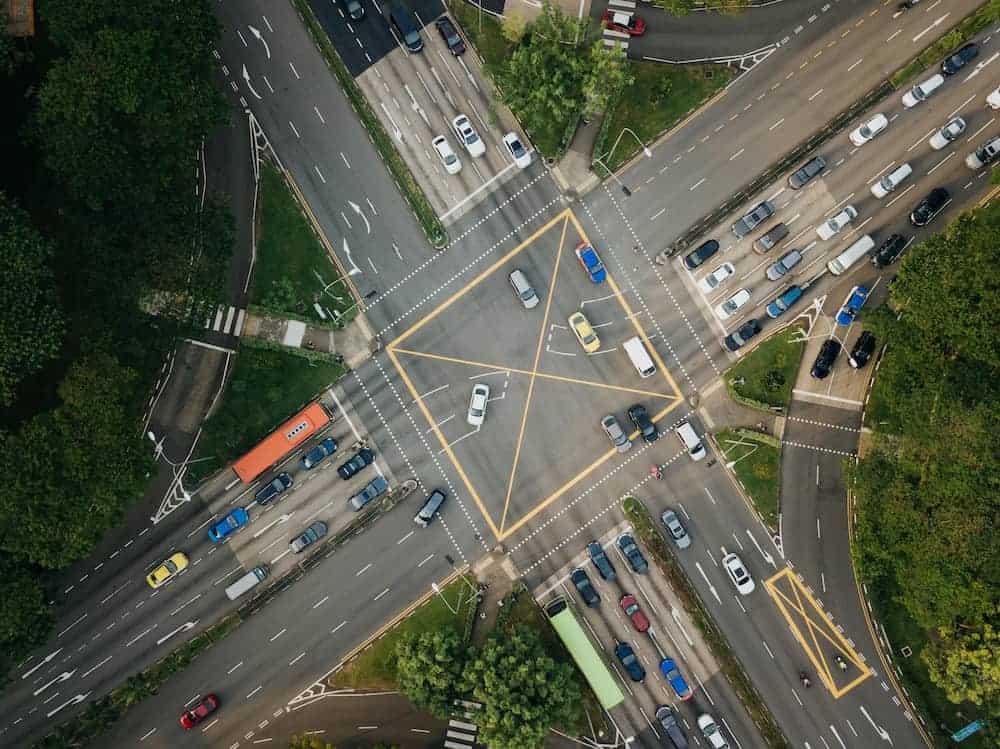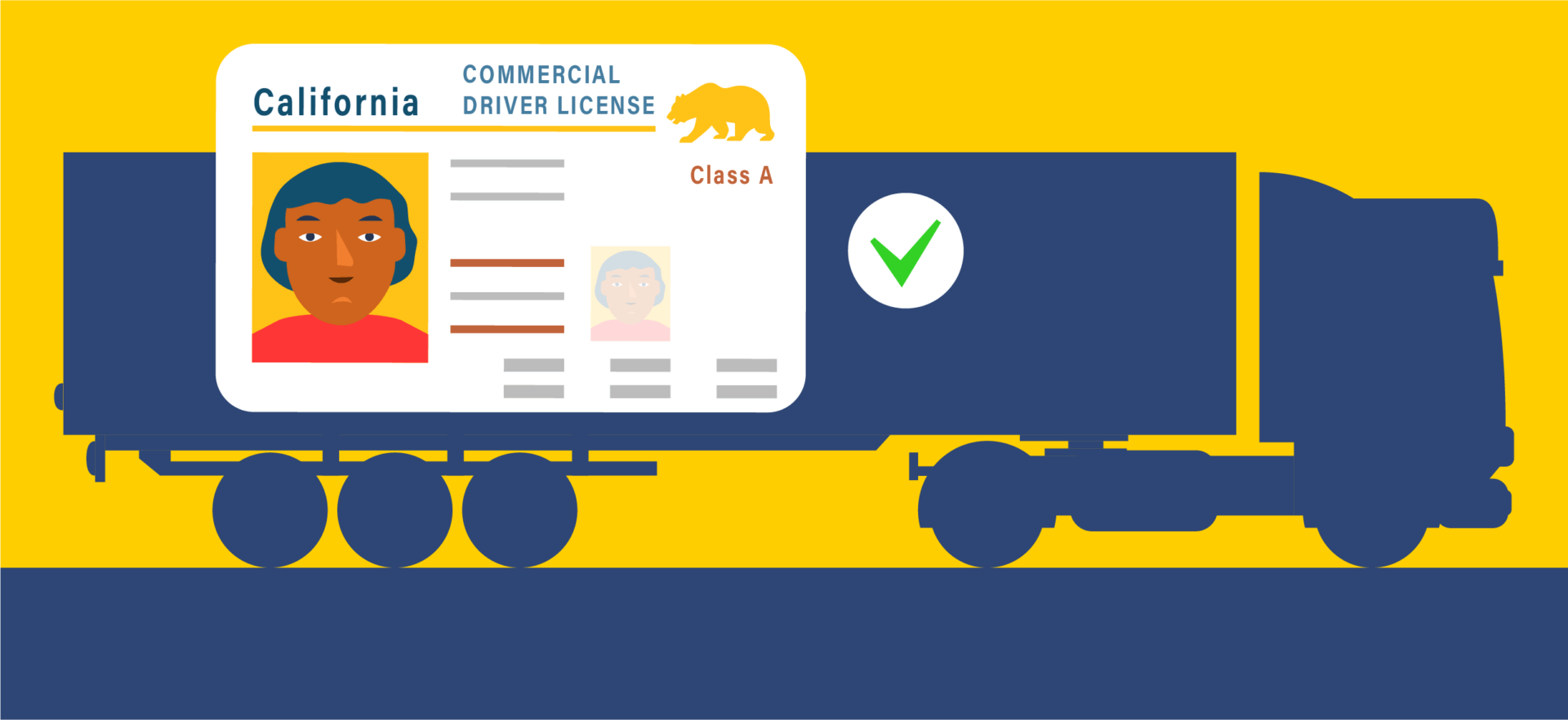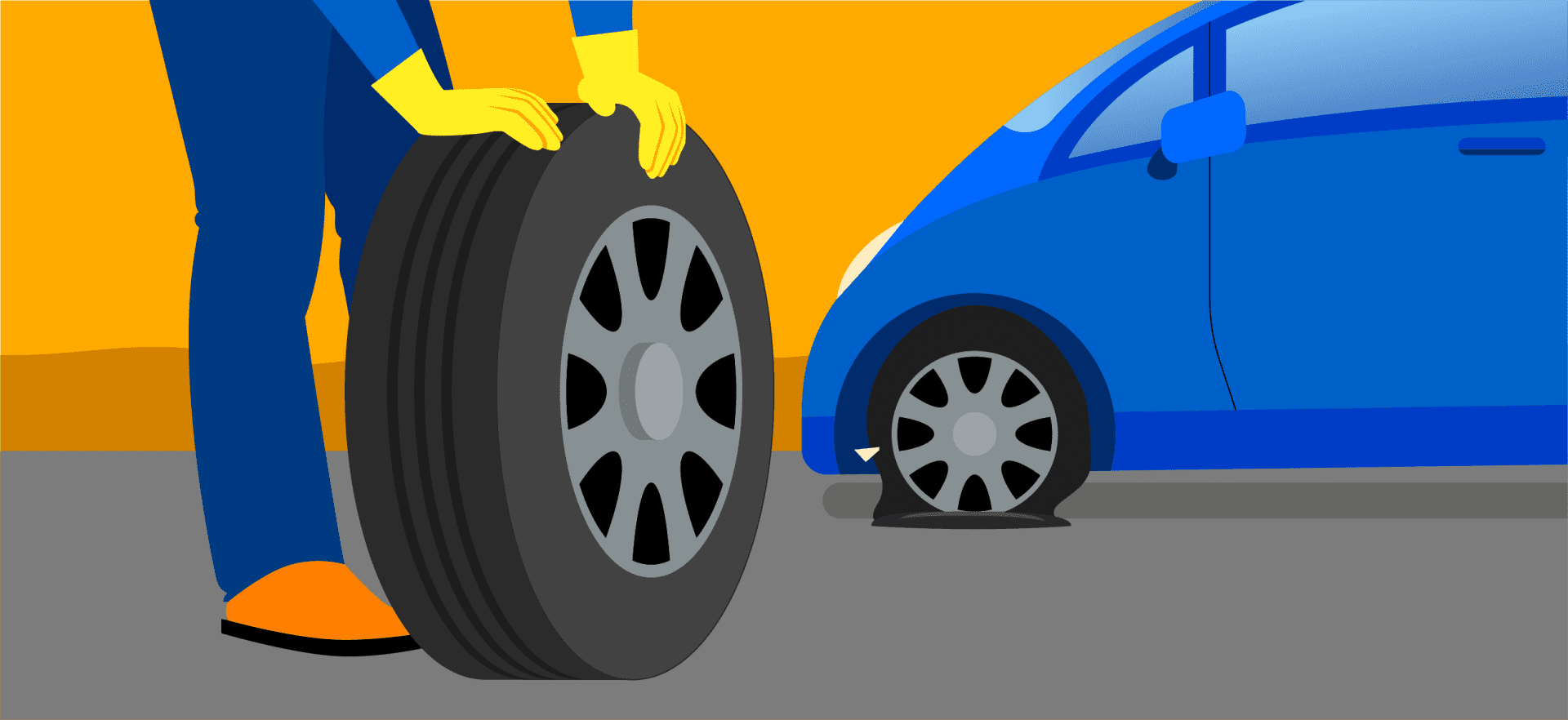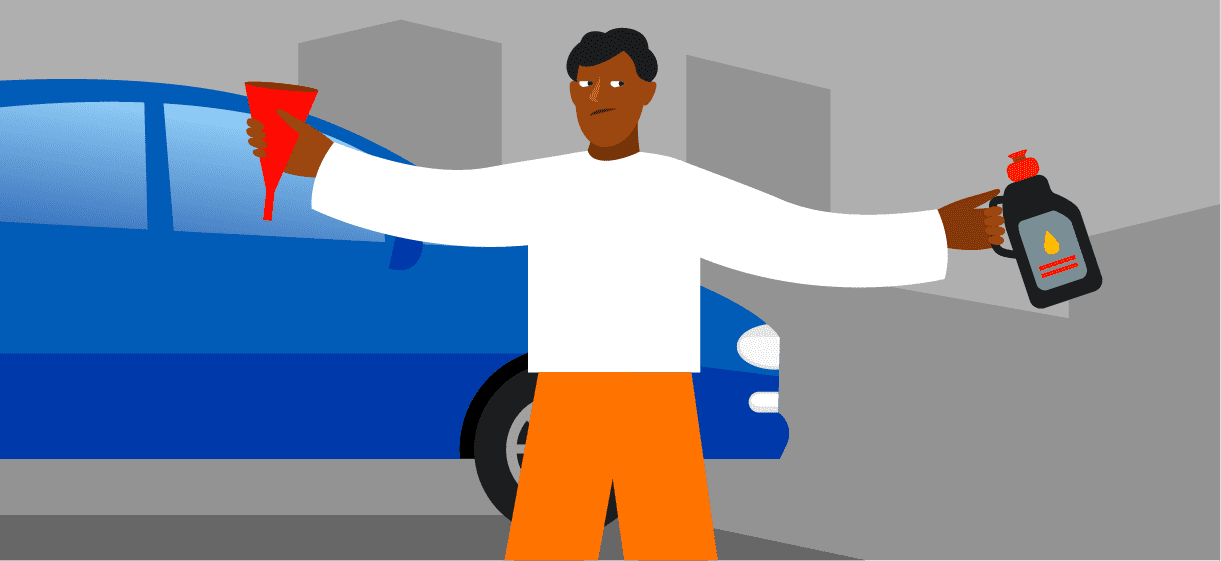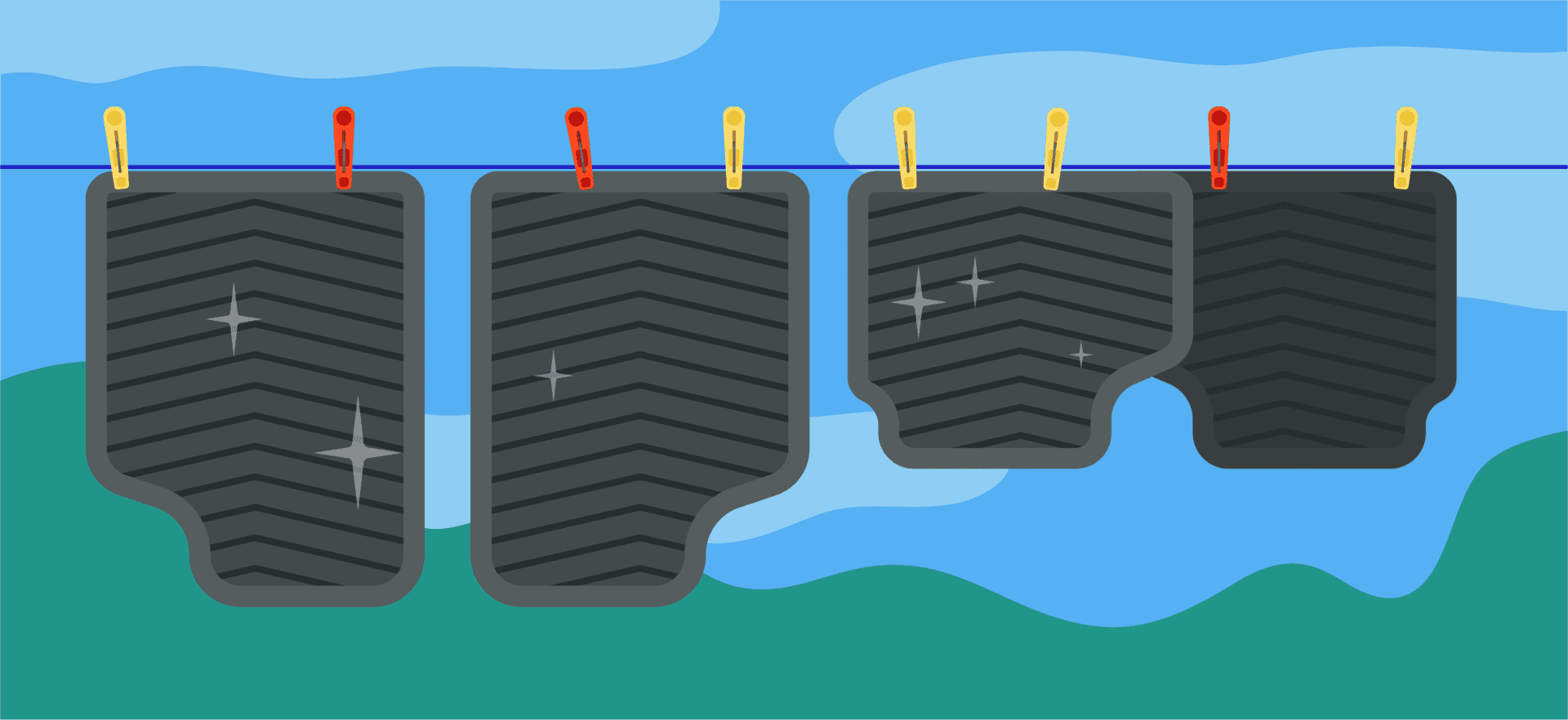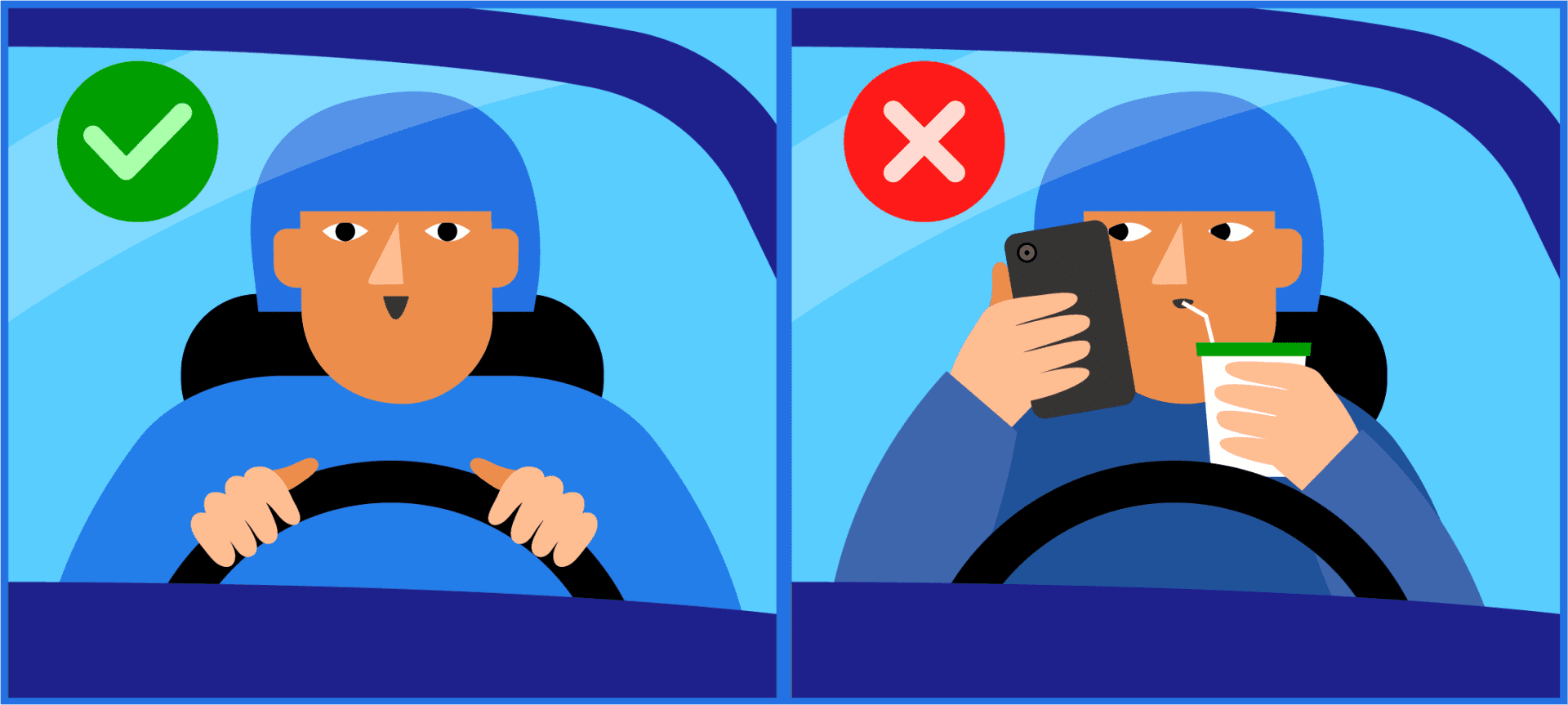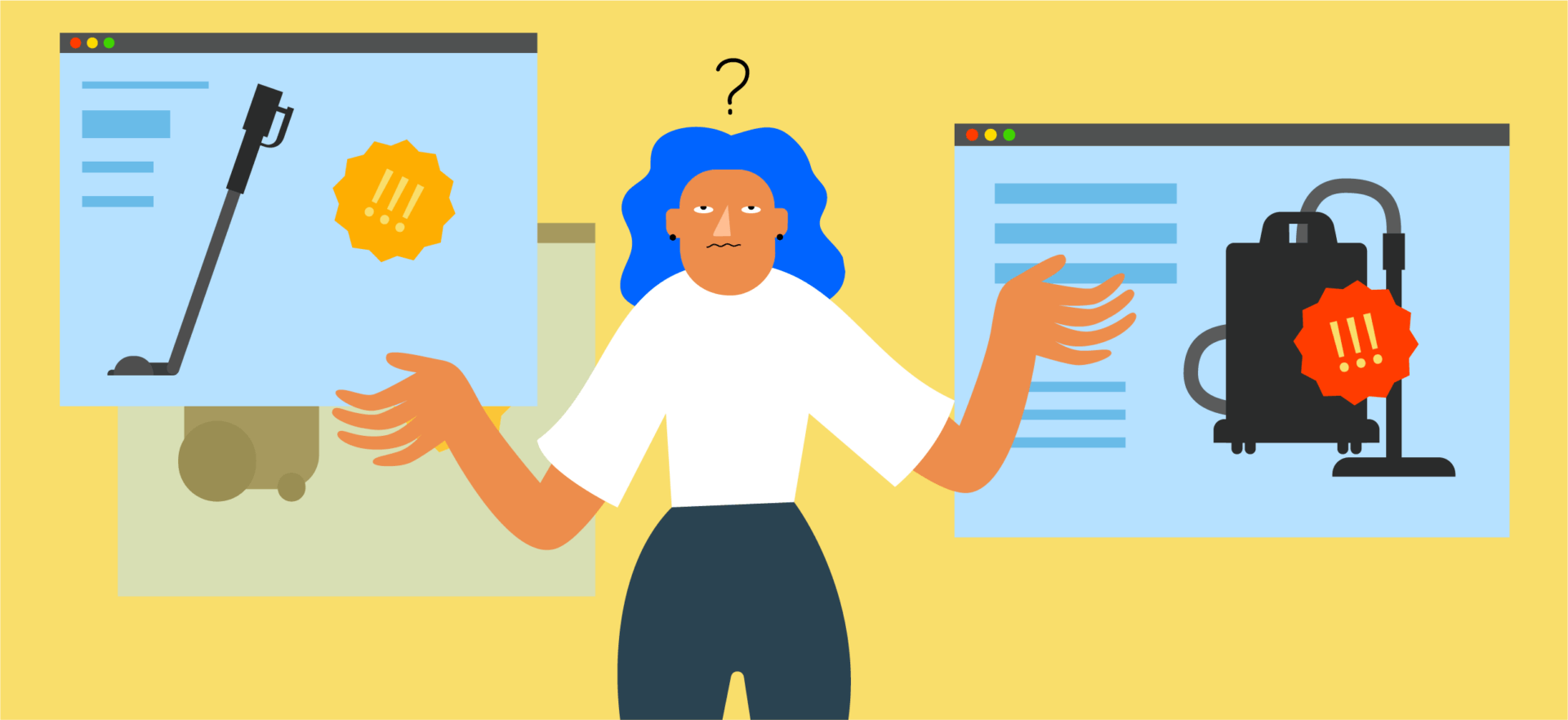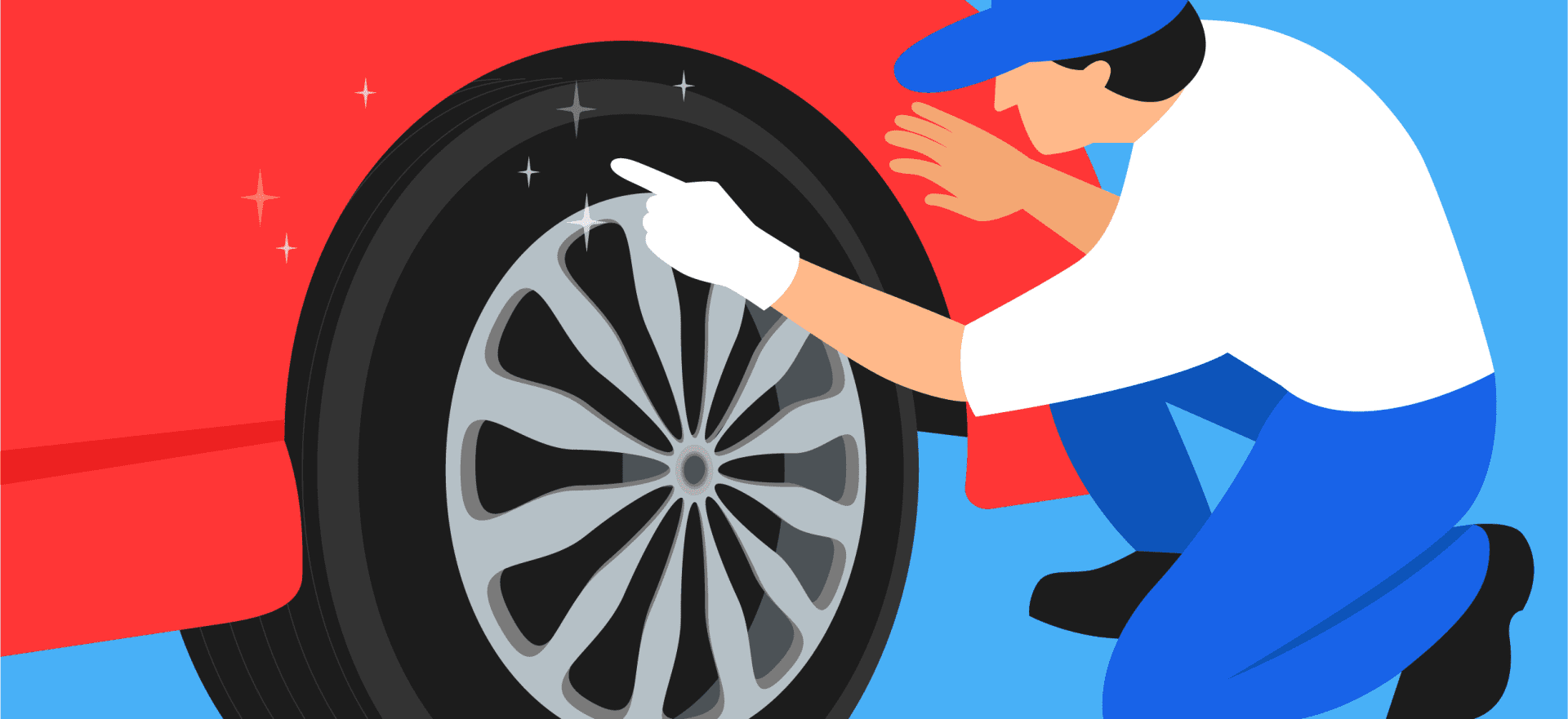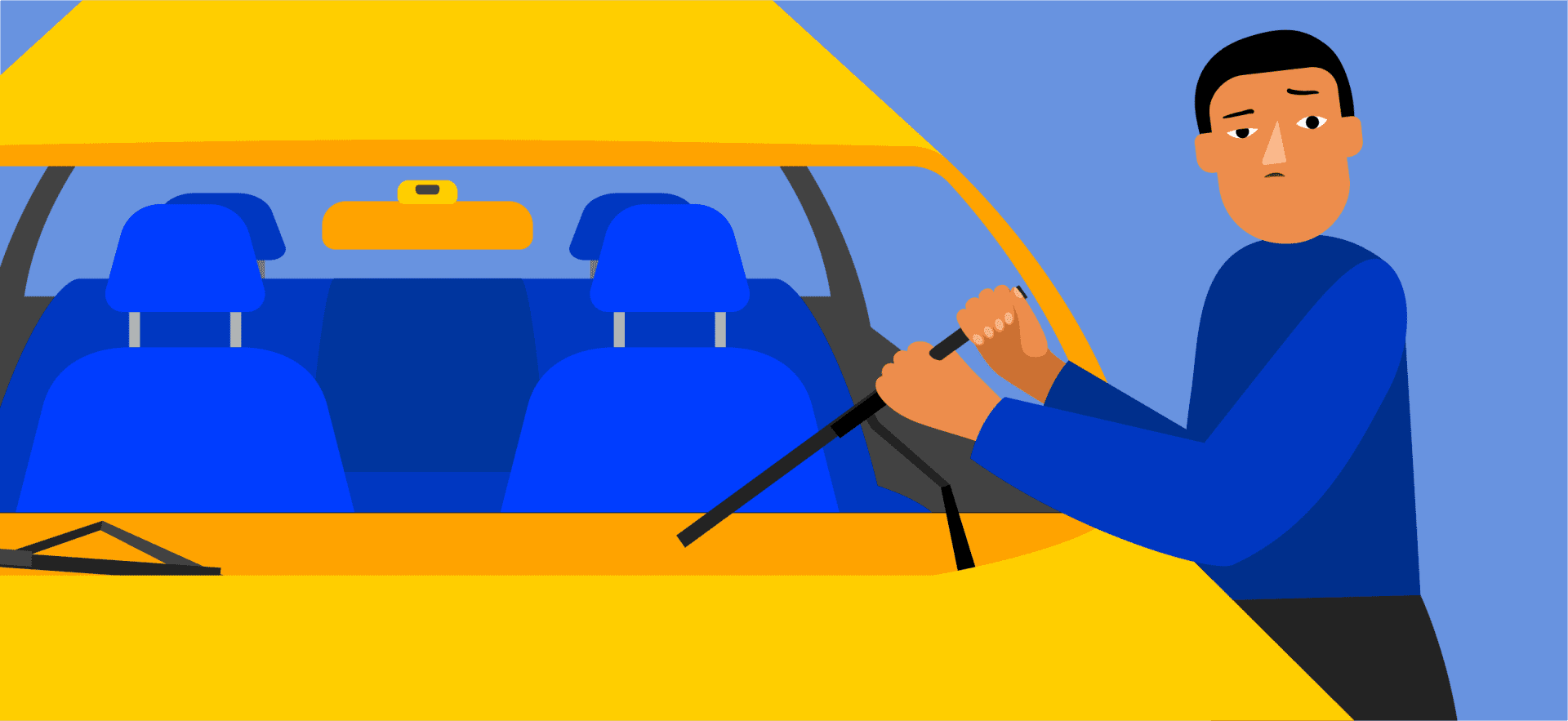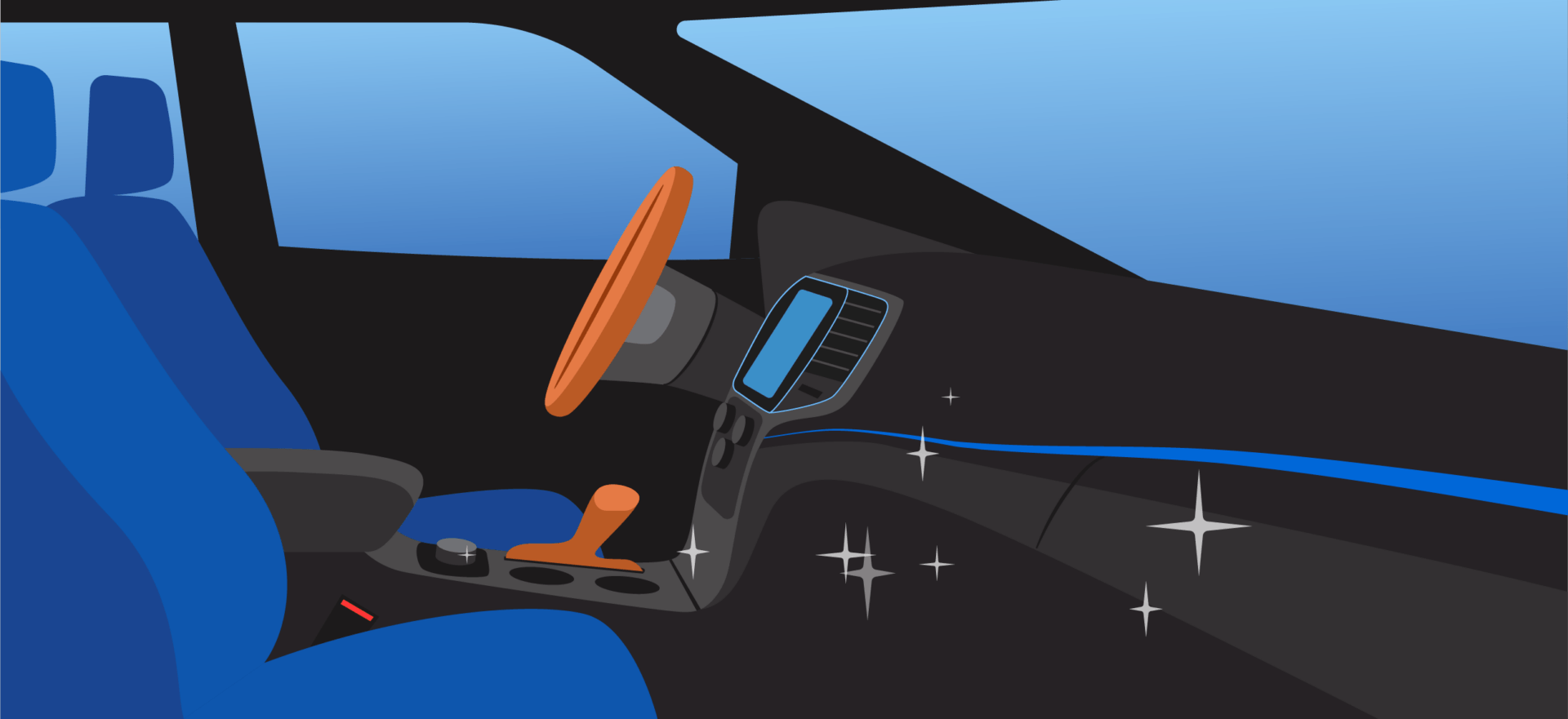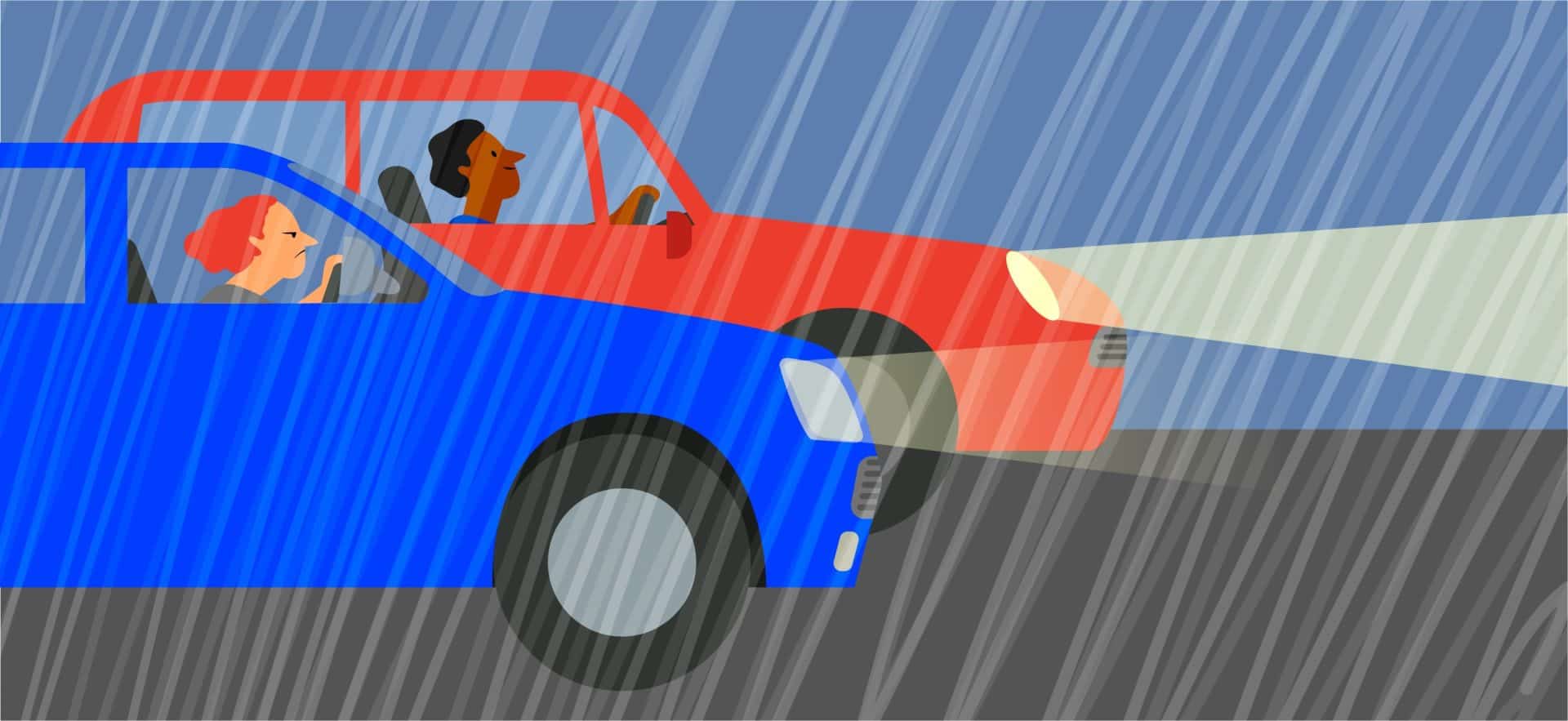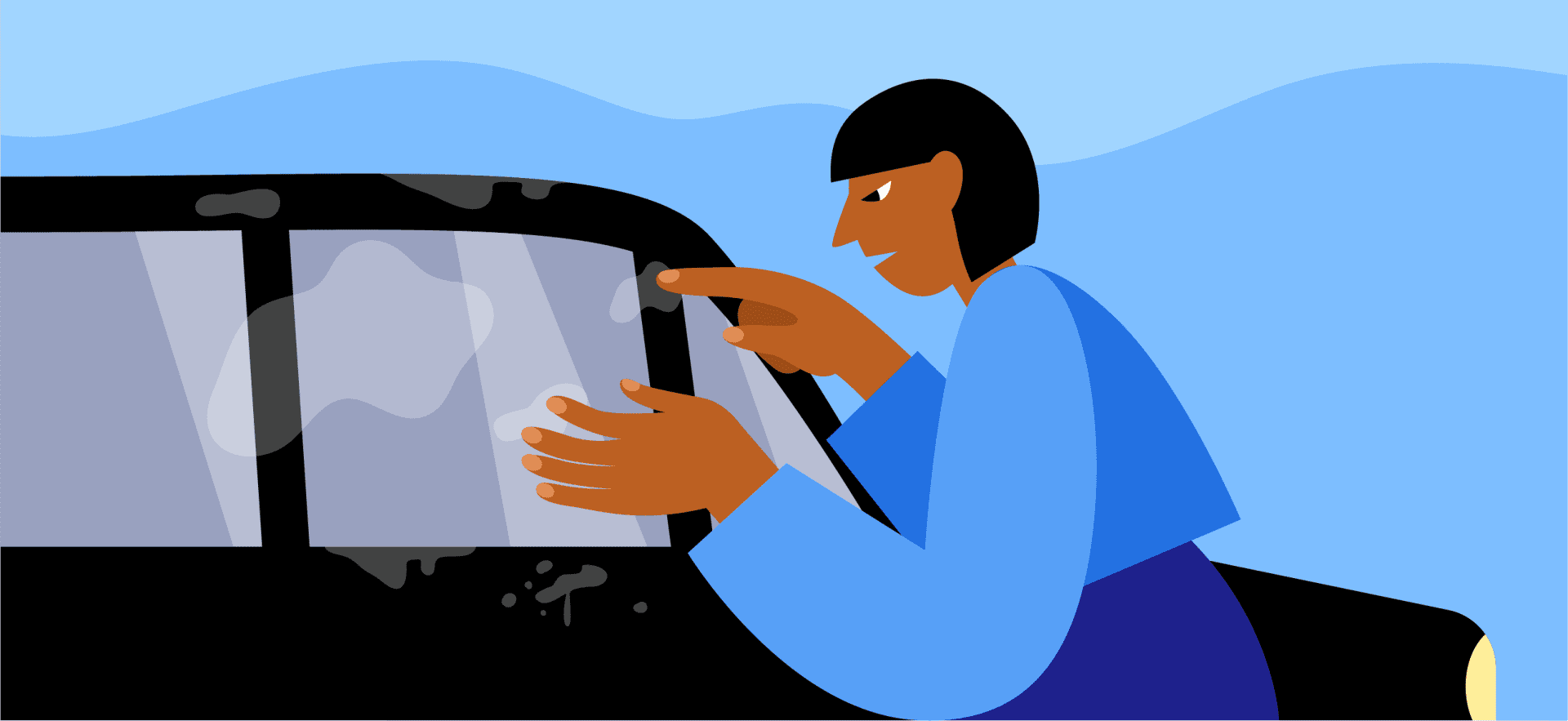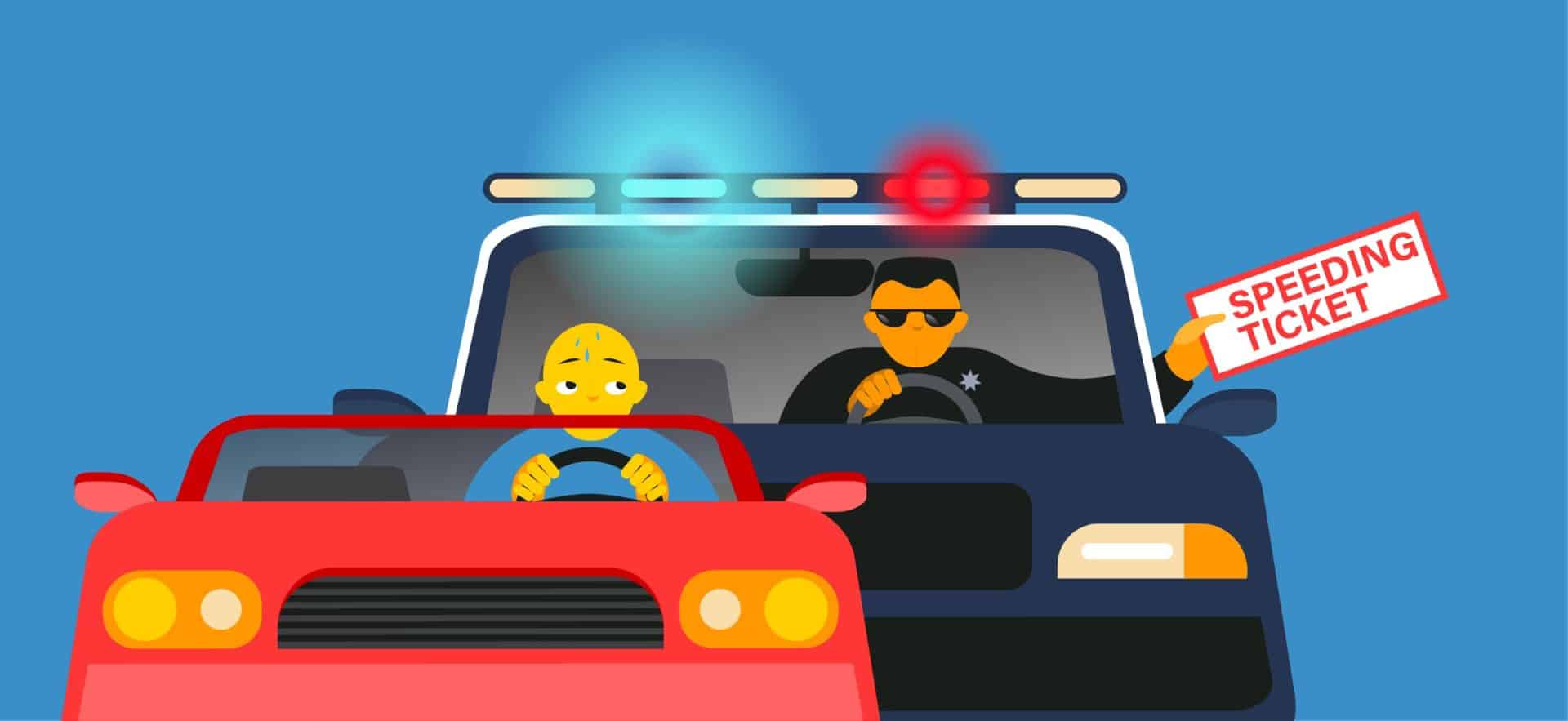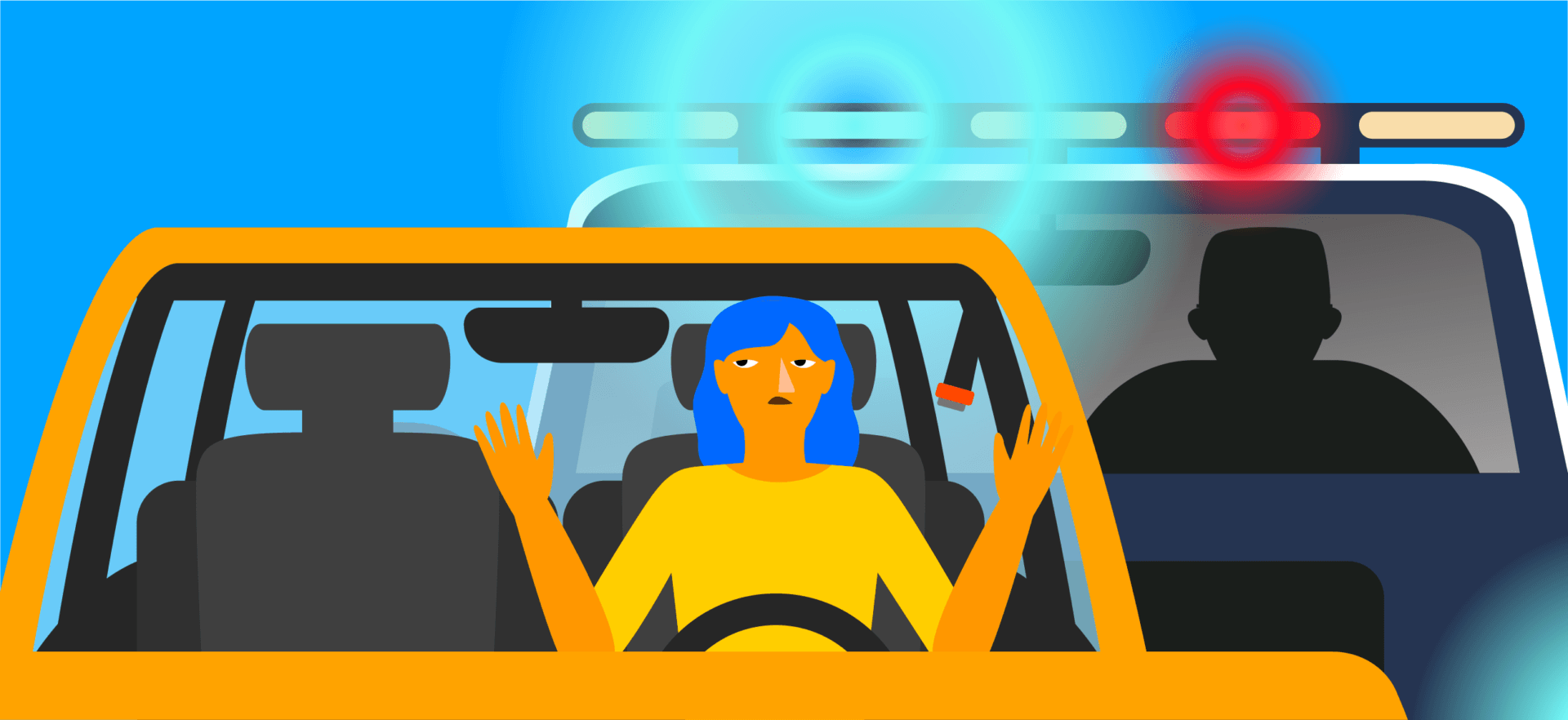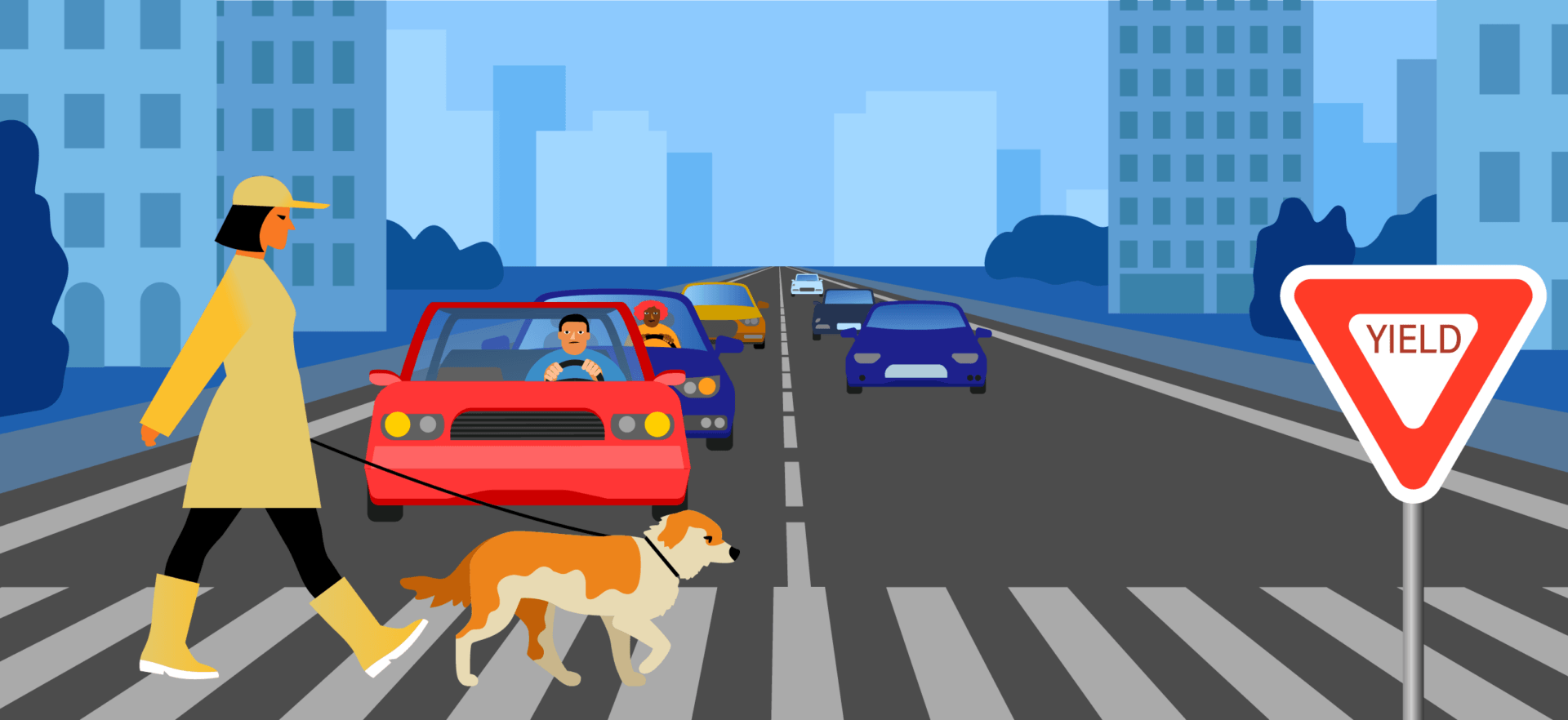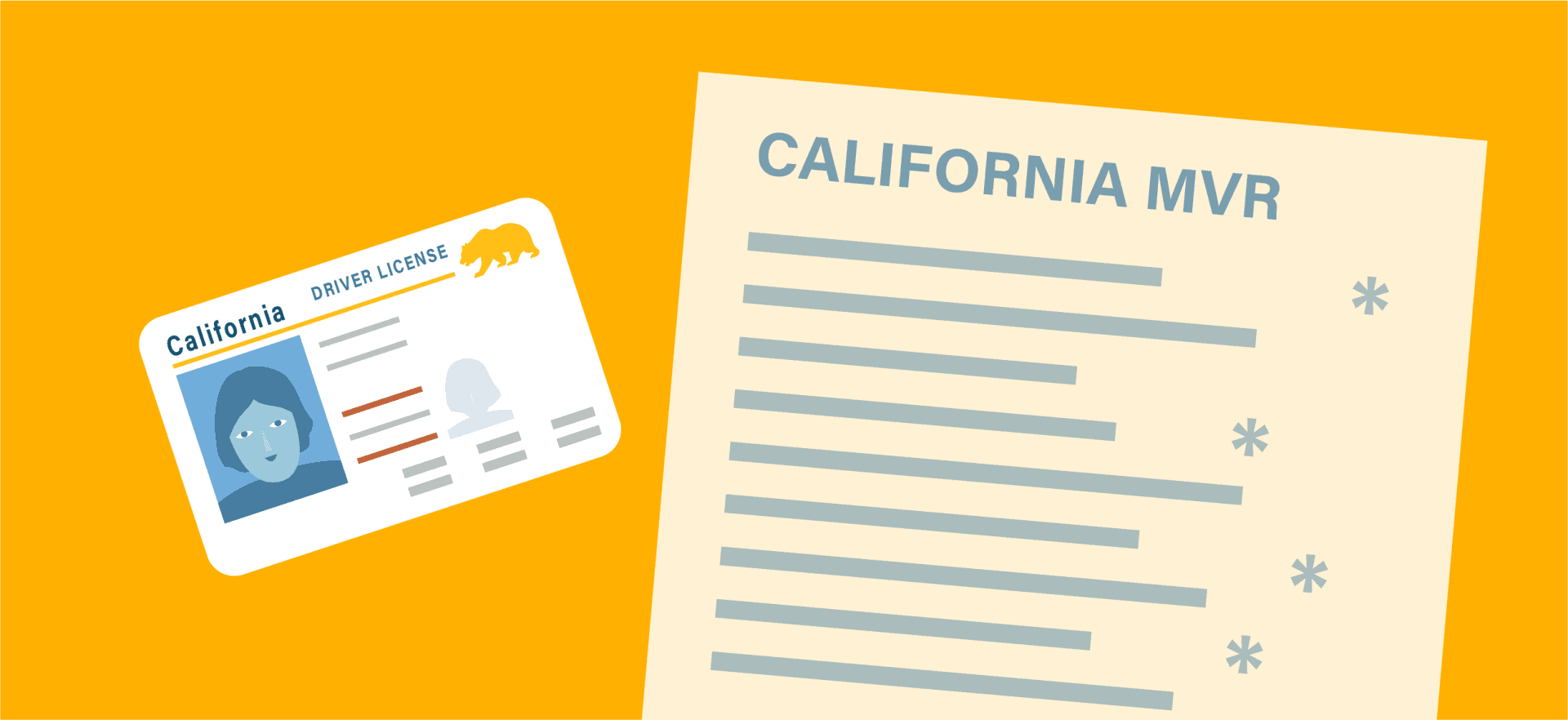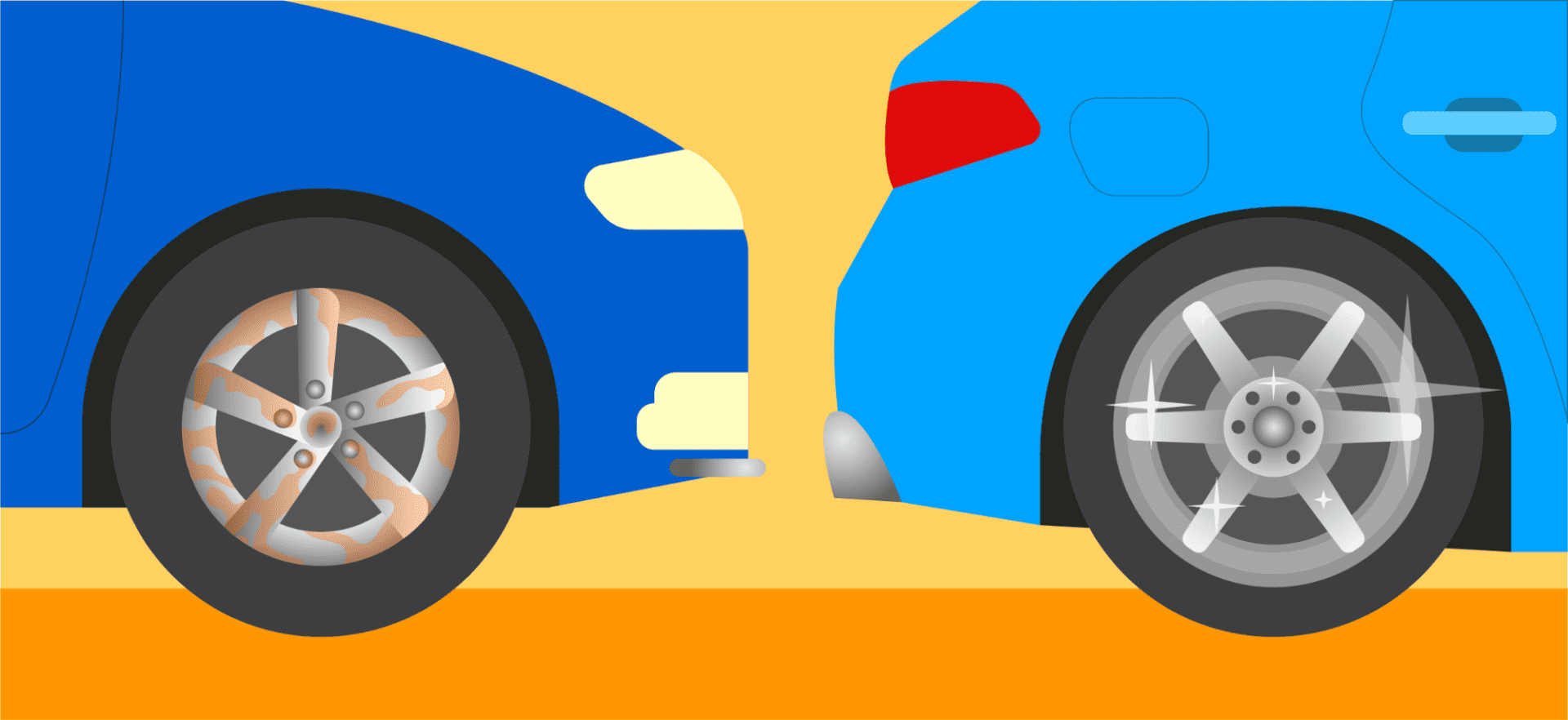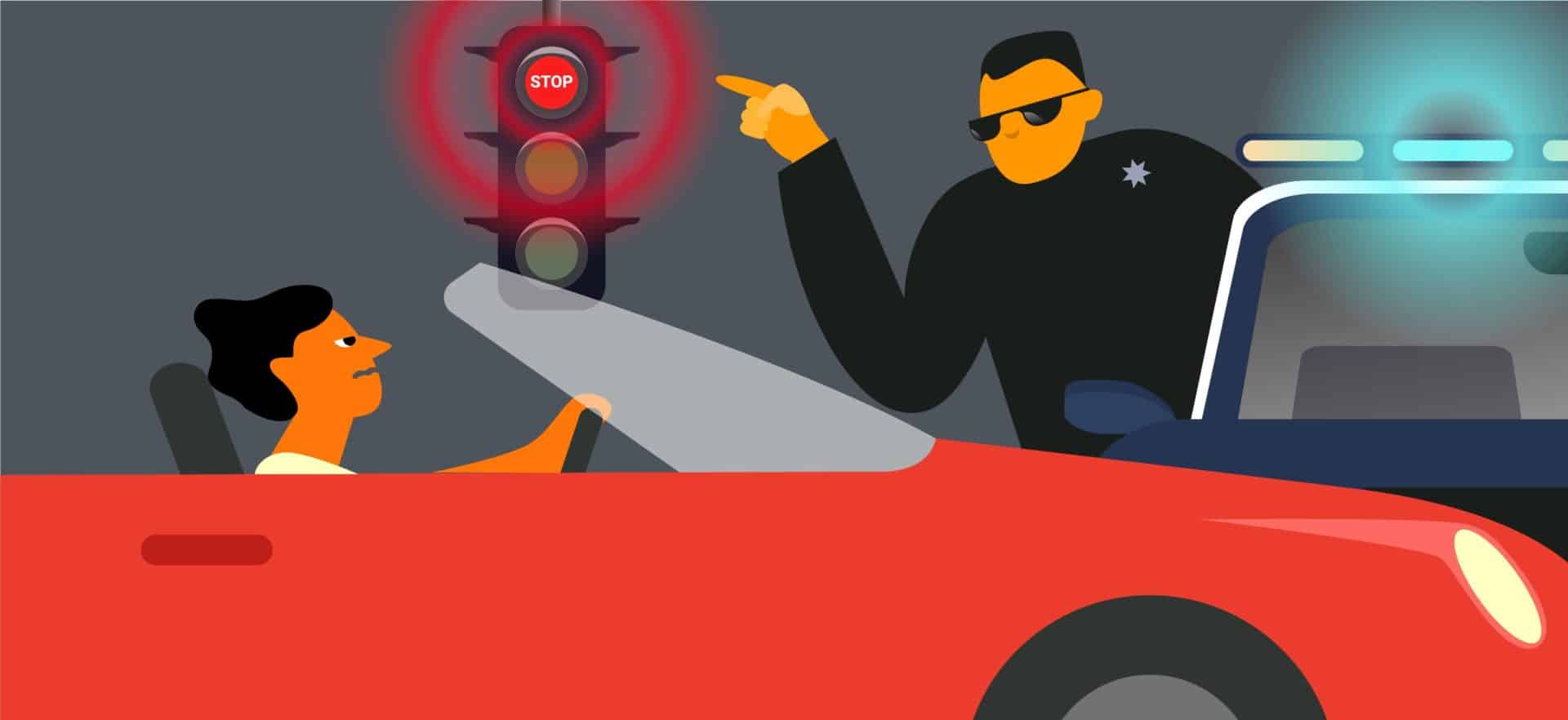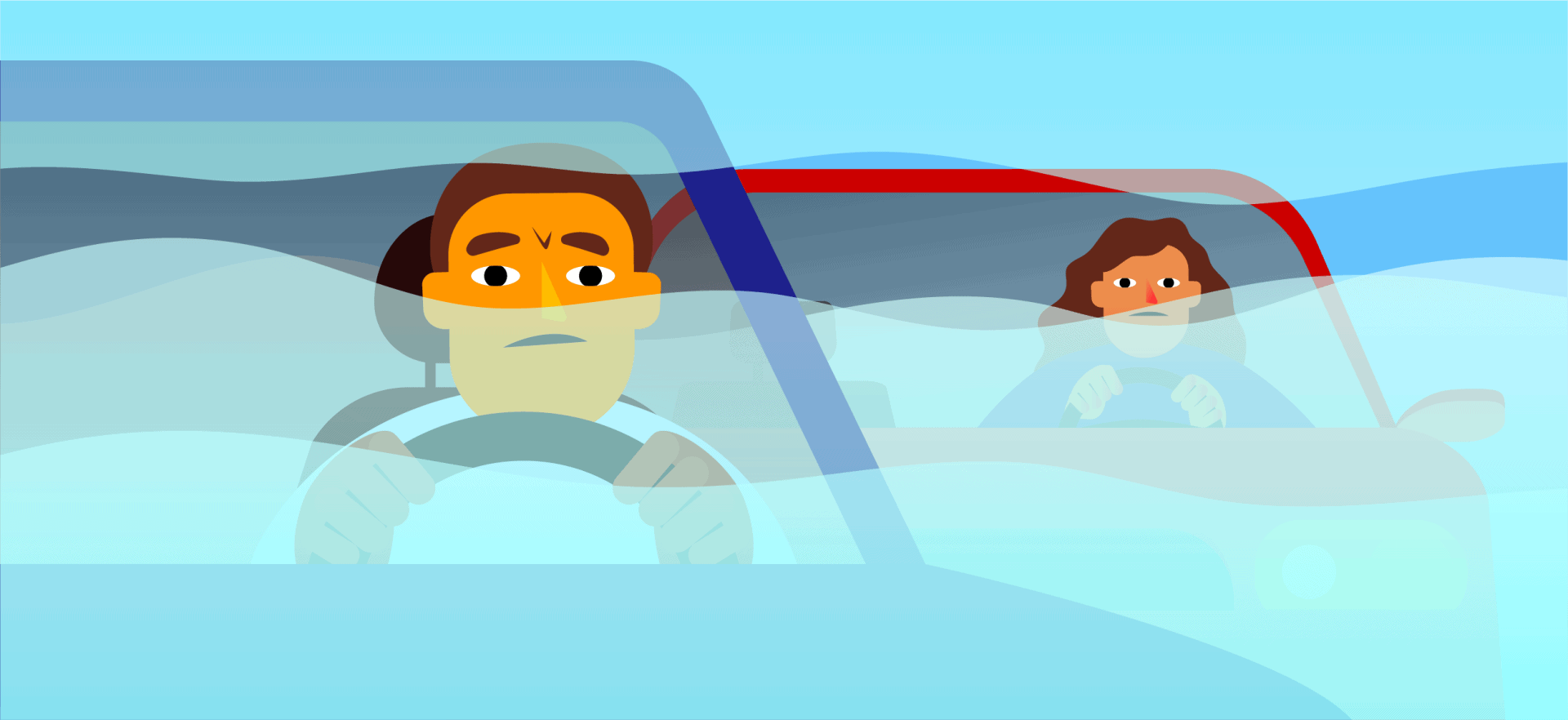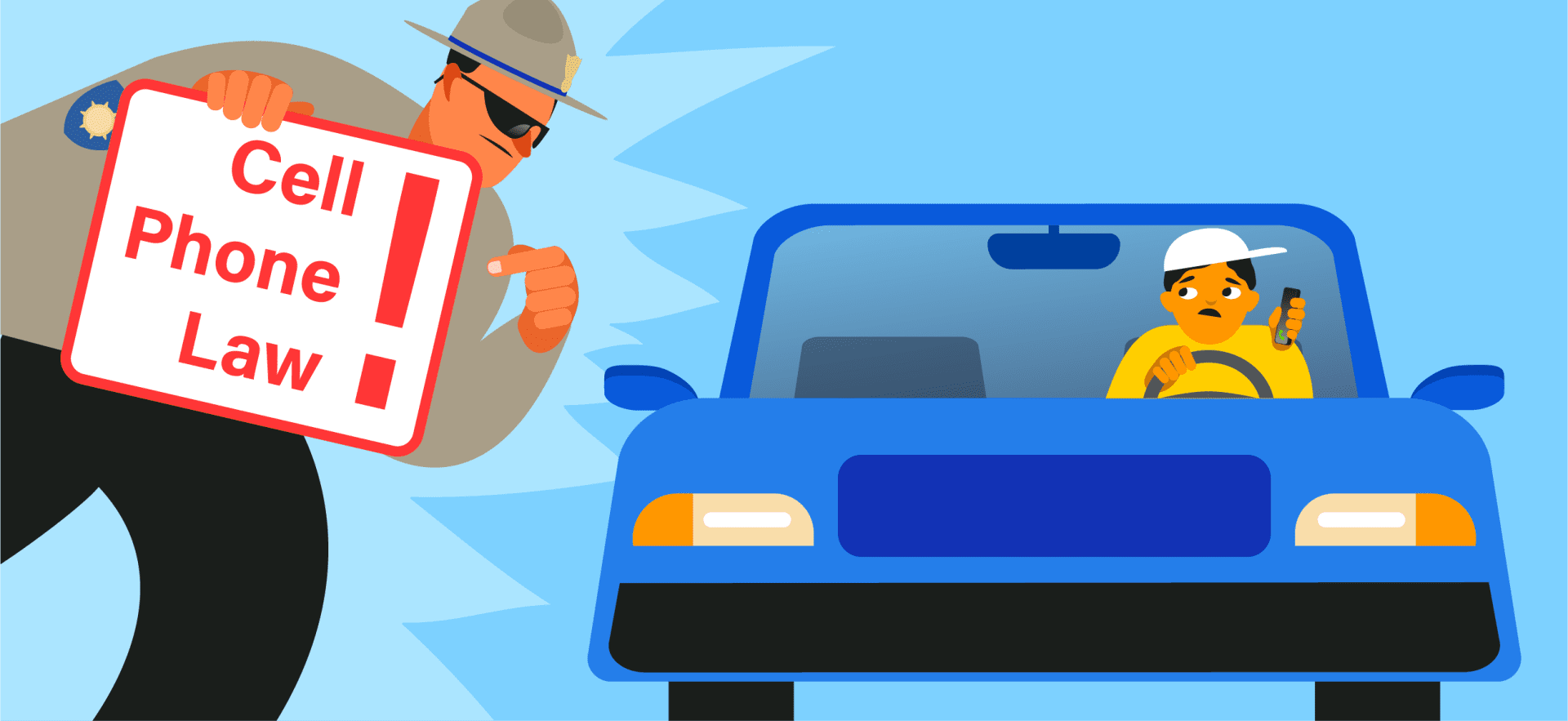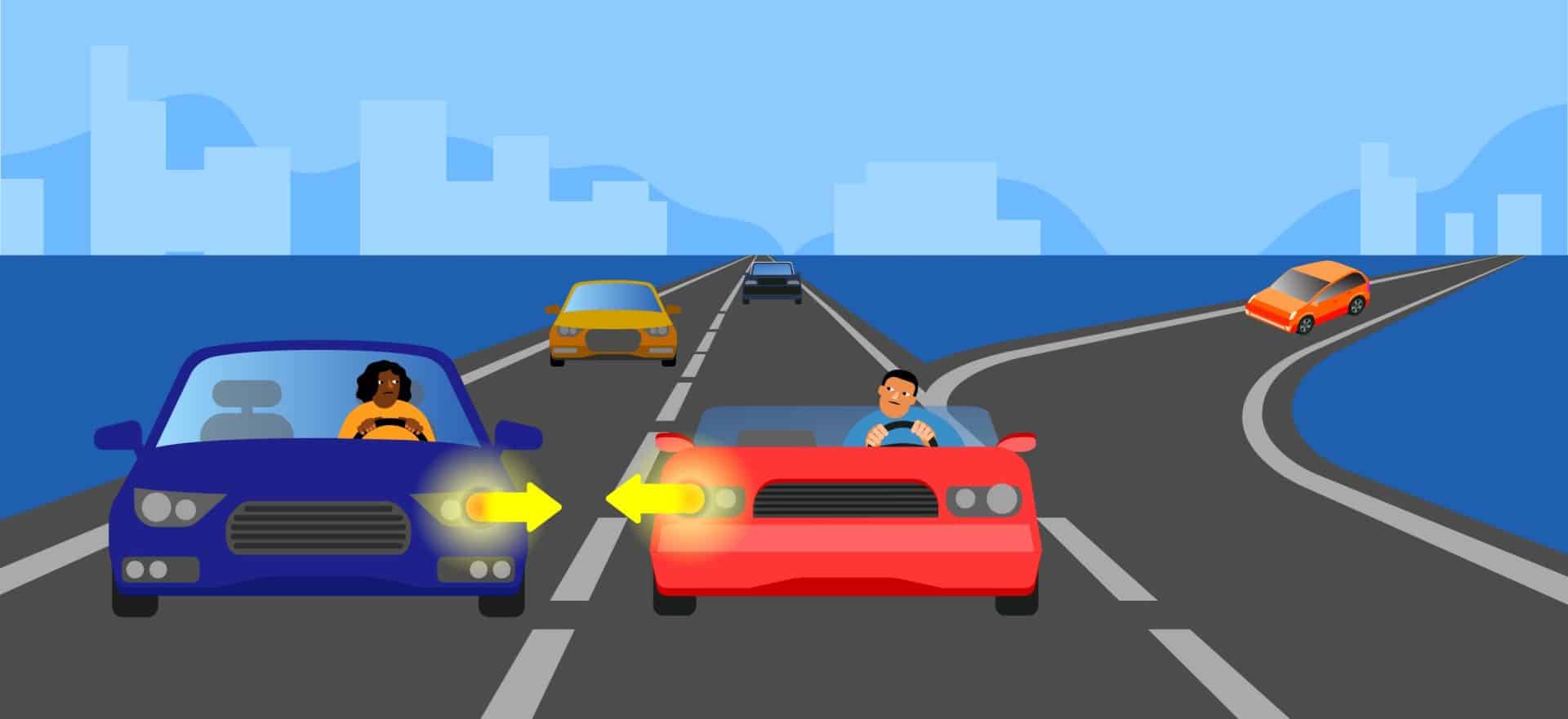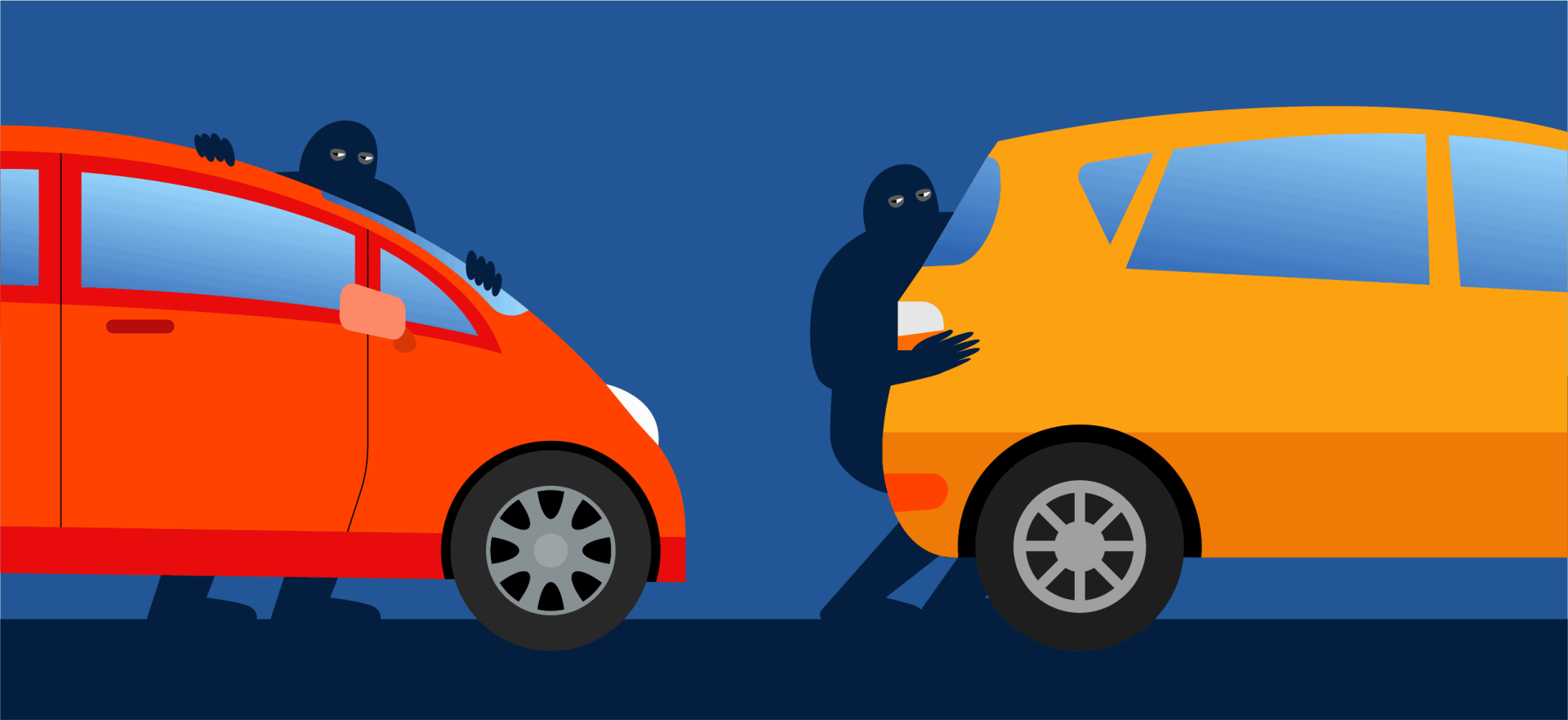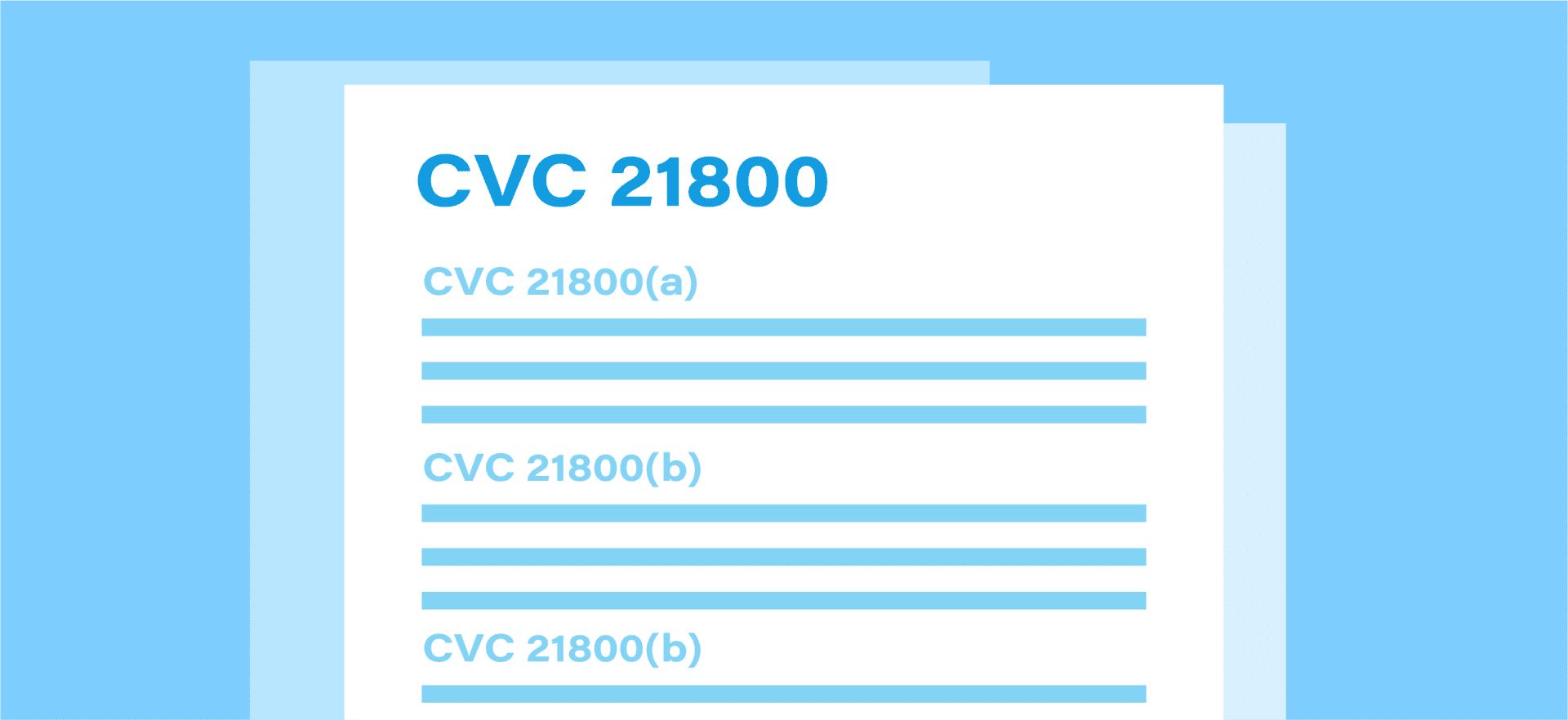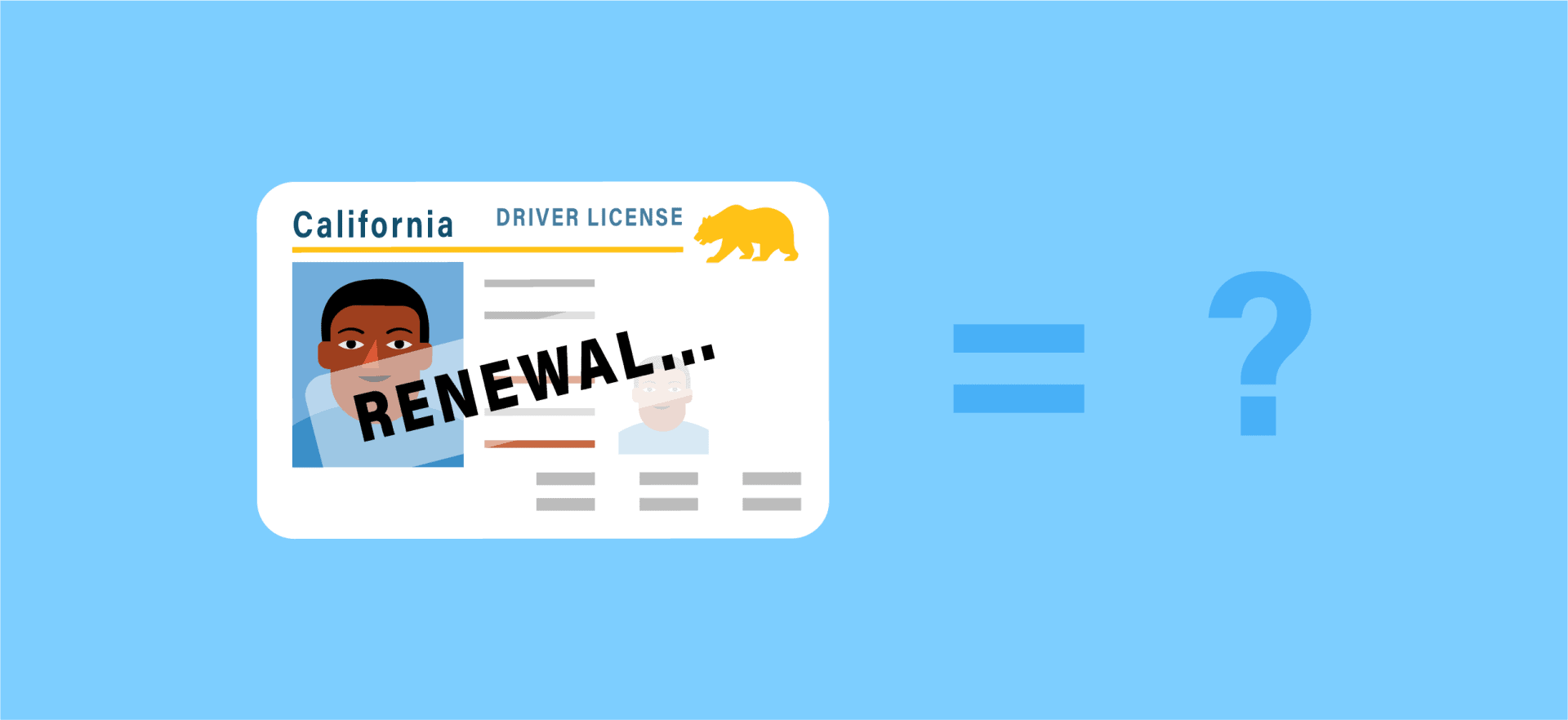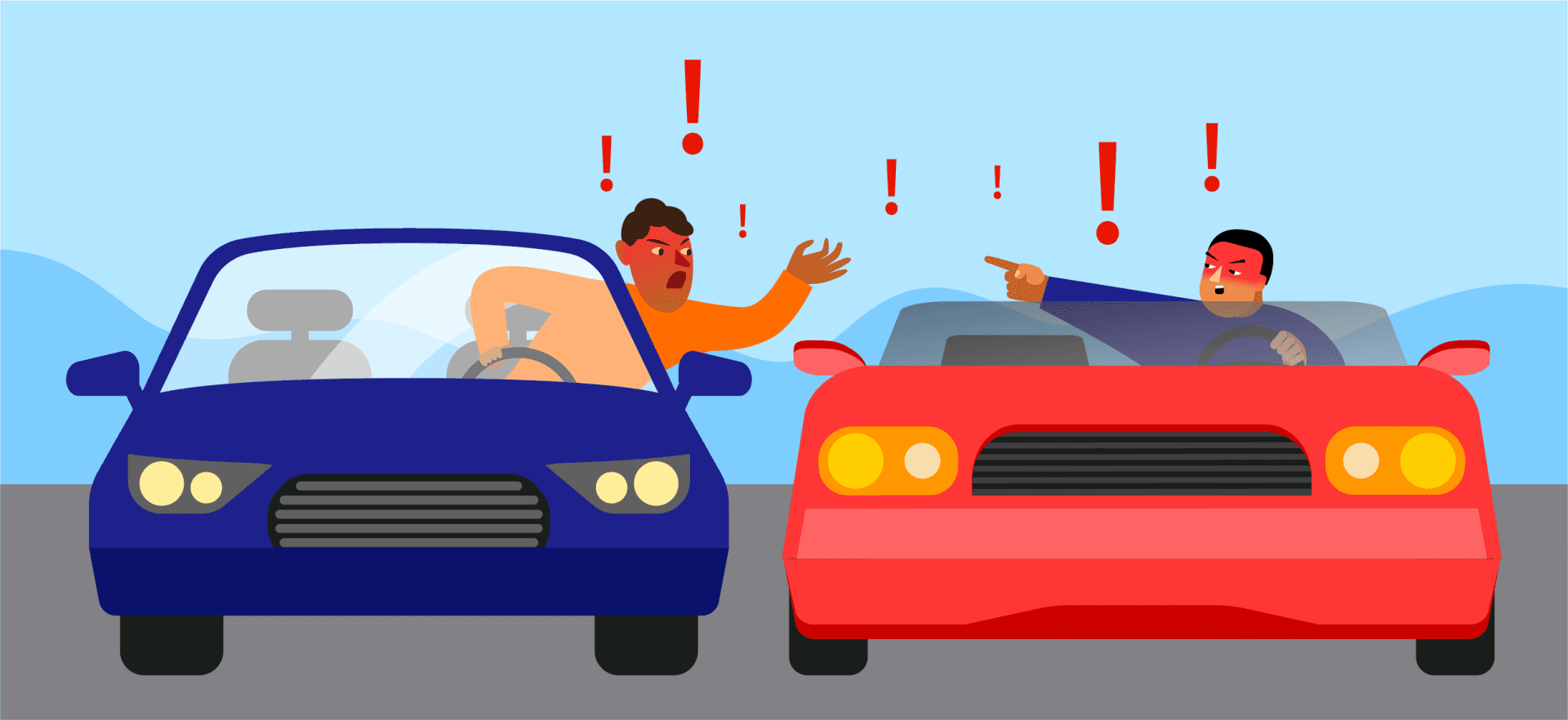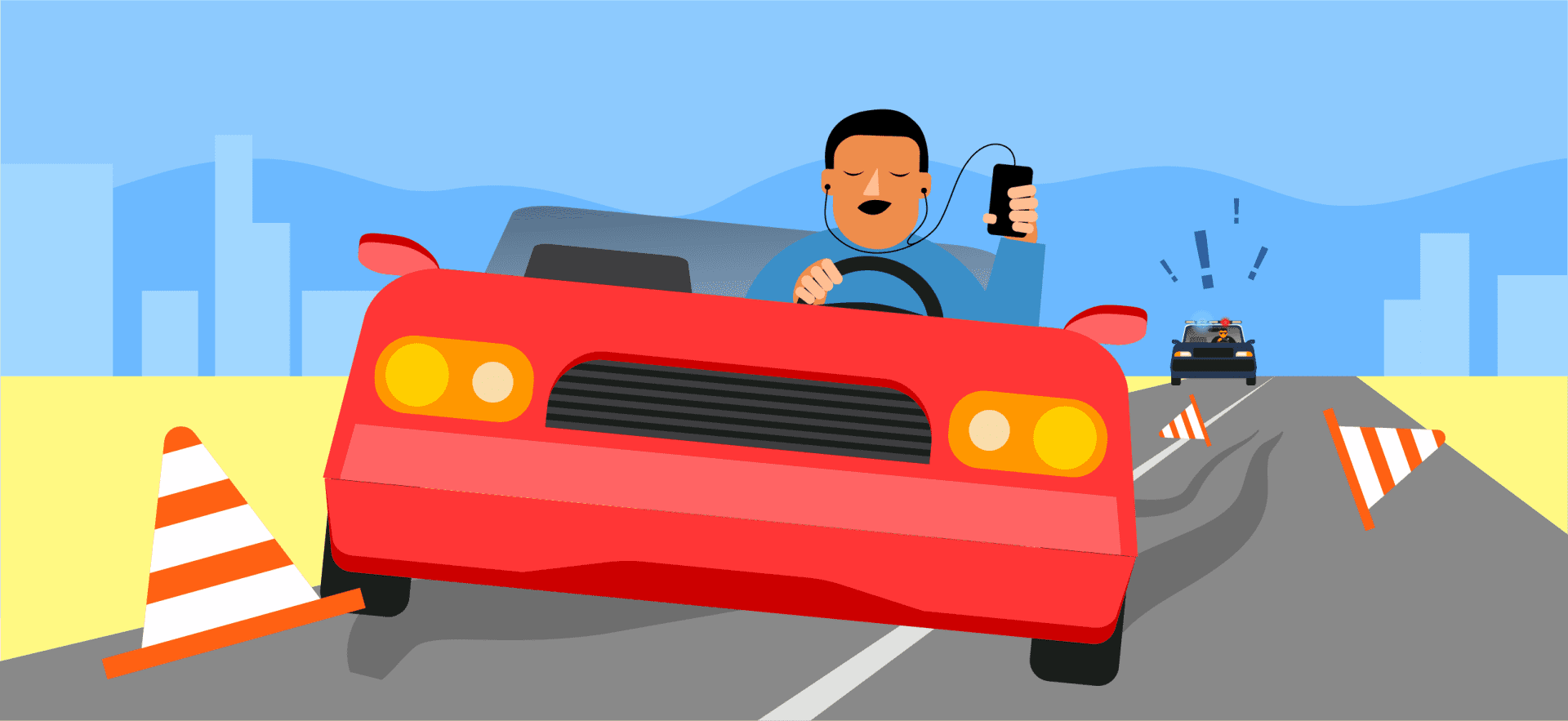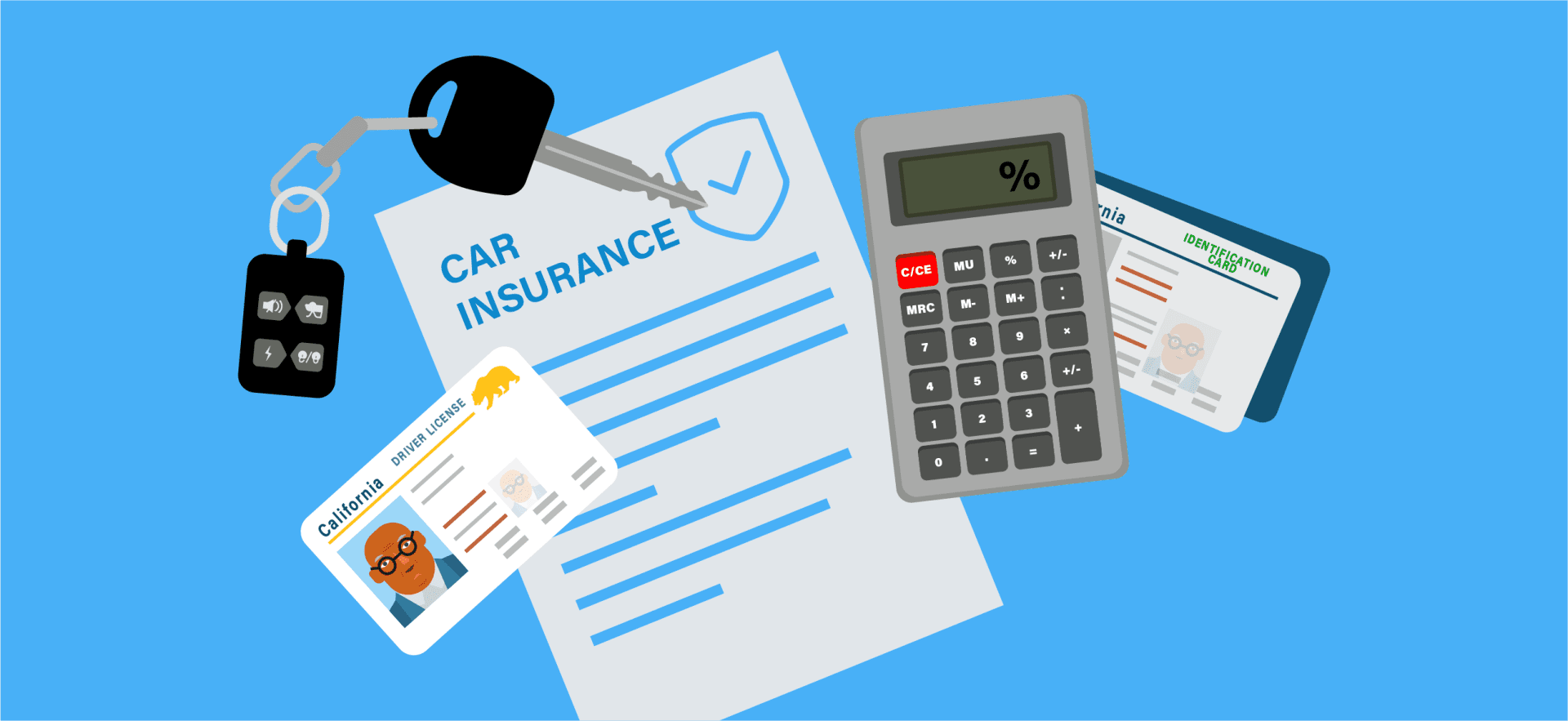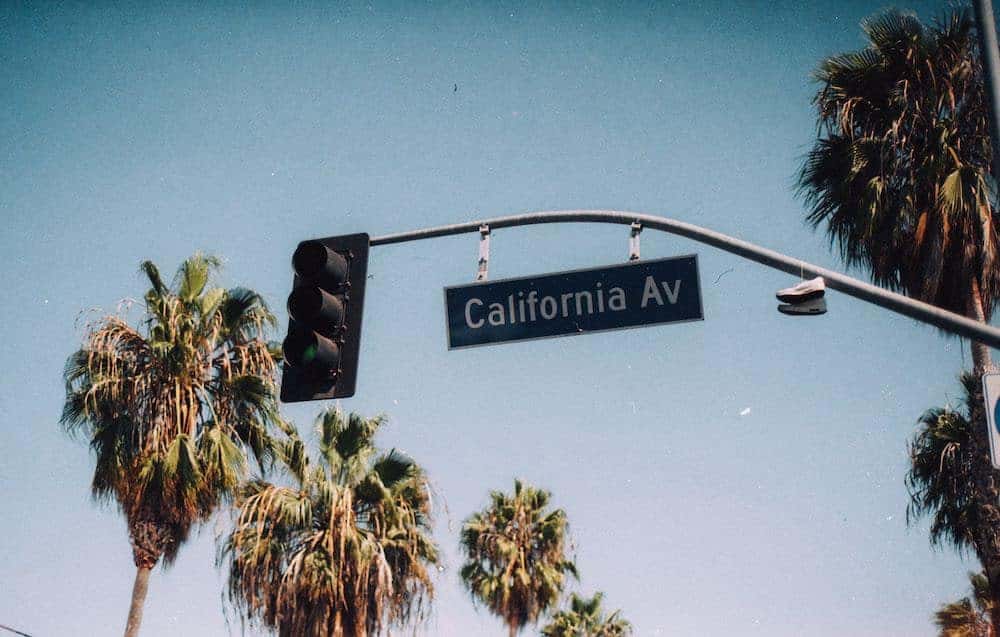In 2019, California was ranked the worst state in the U.S. for car crashes that involved drivers running red lights.

That year, the state recorded almost 130 deadly crashes in which at least one driver ran a red light. That’s more than 15 percent of the entire national total — nationwide, 840 people died in these types of crashes that year.
To help deter drivers from running red lights — and in hopes of reducing the number of deaths from these kinds of crashes — many Californian street intersections have been outfitted with red light cameras. These cameras typically operate on sensors, snapping a photo when a driver crosses an intersection while the traffic light is red.
But there are many questions about red light camera tickets. Are they legal? Do you really have to pay them? Can police even prove who was driving the car?
Like any other traffic ticket, it’s risky to ignore a red light camera ticket. Read on to learn about your options if you’ve received one.
How Does a Red Light Camera Ticket Work?
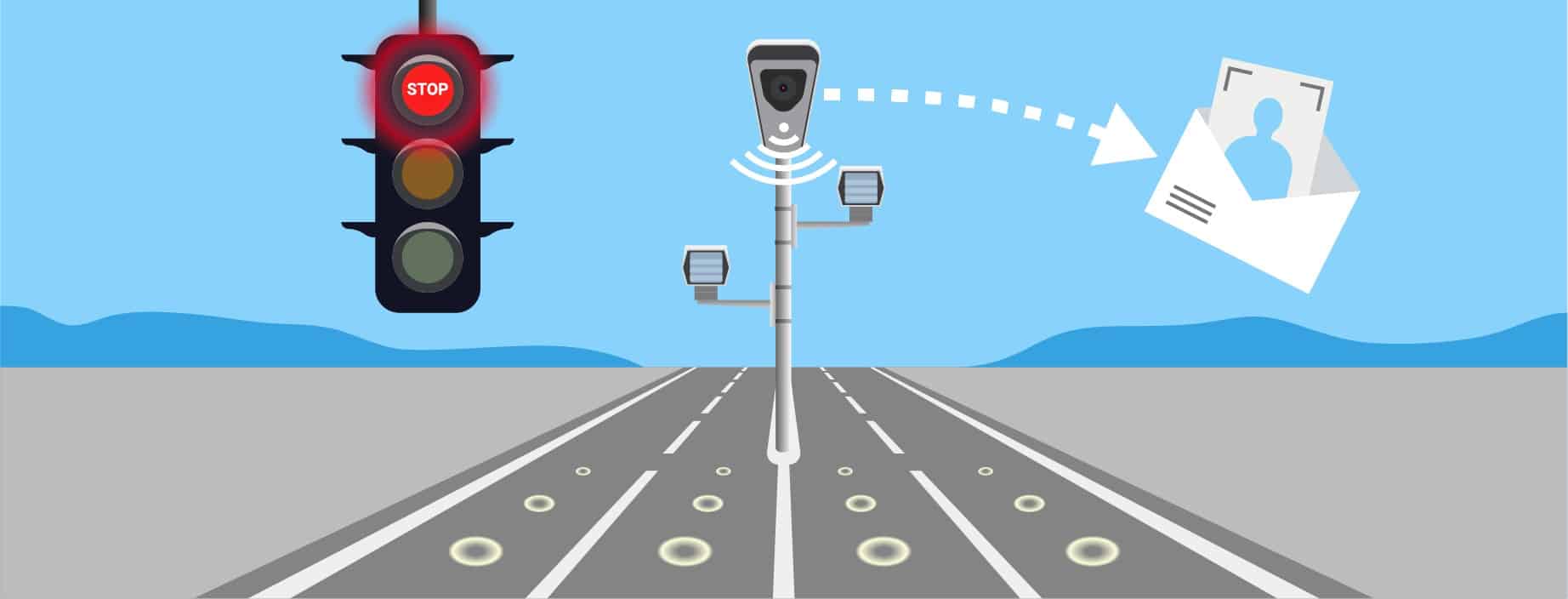
A red light camera is usually affixed to a traffic light, and outfitted with sensors that cause it to start taking photos or video when it detects movement in an intersection after the light has turned red. Typically, these sensors are in the road itself, so the picture is taken as the car drives over them. This helps ensure that the red light camera gets a good shot of the car and its license plate.
Based on the registered address of the car, a red light camera ticket is mailed to the car owner’s home.
In California, the driver is responsible for the ticket, so a red light camera ticket is only valid if it also captures a clear photo of the driver’s face, either through the windshield or a side window. Red light camera photos are not made public, but if you receive a ticket, you can request to see the photos to prove that it was your car and that you were driving it at the time the red light was run.
How Do You Know If a Red Light Camera Caught You?
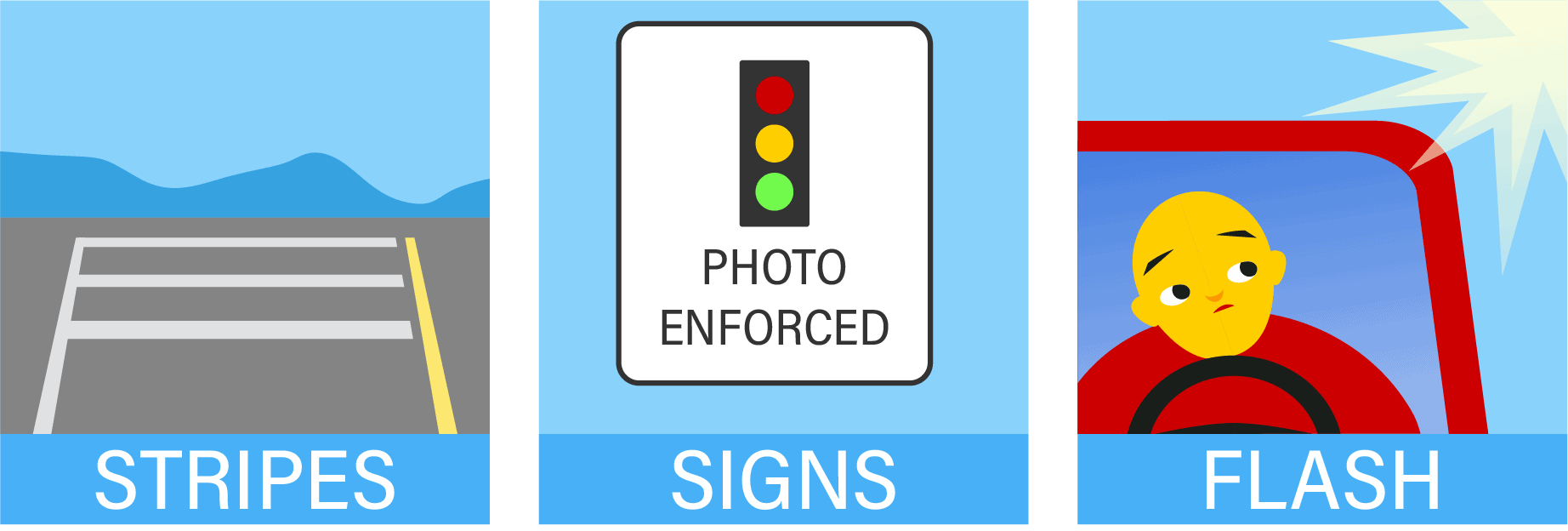
It can be difficult to tell if a red light camera has taken your picture.
All intersections in California that have a red light camera are required also to have signs posted within 200 feet of the intersection that tell drivers a camera is present. Sometimes, intersections with cameras will have extra stripes on the ground, showing where sensors are located. These can help you determine which intersections are outfitted with red light cameras, but they can’t help you know when you’ve been caught by one.
Some red light cameras flash when they’re activated. If you cross through an intersection while the light is red and see a flash behind or to the side of your vehicle, odds are good that it was a red light camera.
However, most people don’t know for sure whether they’ve been caught by a red light camera until they receive a ticket in the mail.
How to Check If You Received a Red Light Ticket in California:
- Wait for a Notice: After a red light camera traffic violation, the notice of violation is typically mailed to the registered owner of the vehicle within 2 weeks. This time can vary based on processing times, so it may arrive anywhere from a few days to a few weeks after the violation.
- Check Online: In some California counties, you can check online for recent traffic tickets. Visit the county court’s website and search for your ticket using your driver’s license number, citation number, or vehicle plate number.
- Contact the Court: If you haven’t received a notice in the mail and can’t find information online, you can call the traffic court in the county where the incident occurred. Provide your license number and ask if there are any pending cases or notices against it.
Remember, red light camera tickets are considered moving violations in California and can impact your driving record and insurance rates. If you believe you’ve been incorrectly ticketed, consider seeking legal advice.
Are Red Light Camera Tickets Legal?

In a word, yes. Red light cameras are legal under California Vehicle Code 21455.5, which covers Offenses Relating to Traffic Devices.
The law states that, “The limit line, the intersection, or a place designated in Section 21455, where a driver is required to stop, may be equipped with an automated traffic enforcement system.”
The law also sets forth certain requirements that must be met — like that the government agency that installs the camera is responsible for keeping it maintained and in working order. It also says that photos taken by red light cameras will be kept private, but can be reviewed by the recipient of a red light camera ticket.
What Are the Consequences for Running a Red Light?
In California, running a red light can cost you — in both fines and increases to your insurance rates — and result in points on your license. It’s possible for running a red light to result in license suspension, in certain cases. Here’s what you need to know about the consequences for running red lights in California.
How Much Is a Red Light Ticket in California?

In California, traffic tickets can become very expensive very quickly. This is because, in addition to base fines set forth by state law, drivers are also required to pay a wide variety of surcharges and fees.
The base fines for different types of red light violations are:
- Making an illegal right turn at a red light: $35
- Going right through a stop sign without stopping: $35
- Going right through a solid or flashing red light: $100
However, after surcharges and fees are added, depending on where in the state you received the ticket, the actual amount you are required to pay is more likely to be:
- Making an illegal right turn at a red light: $100-$250
- Going right through a stop sign without stopping: $100-$250
- Going right through a solid or flashing red light: $200-$500
It’s possible for the actual price of your ticket to even exceed those ranges, because of new or updated surcharges and fees that are imposed by local authorities.
How Many Points is a Red Light Ticket?
Most violations that would result in a driver receiving a red light ticket will add one point to their driving record. There are situations, such as in cases of reckless driving, where running a red light could result in more points.
Can you go to traffic school for a red light camera ticket?
In California, accumulating too many points could result in license suspension. Since a red light ticket is one point, you can go to traffic school if you’re eligible to do so.
In some cases, going to traffic school can remove one point from your driving record. An online traffic school course is easy, fast, and hassle-free, and at Best Online Traffic School, you don’t even have to pay for the course until after you pass. Instead of sitting through 8 hour traffic school in California you can complete your classes in 3 hours or less.
We’re a California DMV Licensed Online Traffic School, and our course is accepted by all courts in California. We’re also one of the only traffic schools in the state to provide the course in English and Spanish with free audio narration.
Start traffic school for free today.
Do You Have to Pay Red Light Camera Tickets?
The short answer: Yes. But red light tickets can be complicated, so there’s some nuance there. Let’s look at all the possible factors that can help determine whether you need to pay your red light camera ticket.
How Can I Avoid Paying a Red Light Camera Ticket?

There are some resources out there that say you can just never acknowledge a red light camera ticket. Because the tickets are mailed, there’s often no way the court can guarantee that you ever received the ticket, so if you throw it away without paying it and never acknowledge it, you can plausibly say, “What ticket?” if the court ever contacts you again. However, this is dishonest, and being dishonest about having broken the law is generally not an advisable thing to do.
In California, there are also notices, known as “snitch tickets.” These happen if a red light camera picks up a car or license plate, but isn’t able to get a clear photo of the driver. In this case, the court might send a fake ticket (headed with the statement “Courtesy Notice: This Is Not A Ticket”) in hopes that the recipient isn’t paying attention and just makes the payment. If you receive a red light camera ticket in the mail, inspect it carefully. If it includes the courtesy notice, you don’t have to pay.
If you receive a legitimate red light camera ticket in the mail, the best way to avoid paying it is to get it dismissed.
How Do You Get a Red Light Camera Ticket Dismissed?
A red light camera ticket can sometimes be easier to fight than other kinds of traffic tickets, for two reasons:
- It isn’t your word against an officer’s;
- You can access all the same evidence used to issue the ticket.
When you receive a red light camera ticket, here are the steps you should take to attempt to have it dismissed:
- Review the citation, checking the date and time, and reviewing your schedule to make sure you were driving at that time. If you weren’t the one driving, you don’t need to pay for the ticket, but you are required by law to submit an affidavit form to give law enforcement the name and contact information of the driver.
- Ask to review the evidence of the citation. By law, authorities are required to allow you to view any photos captured by the red light camera. They may even be available online — check your citation for instructions on how to access them. If there isn’t a clear photo of the driver of the car, it won’t be possible for the state to prove its case.
- Return to the intersection where you received the citation. See if there are signs within 200 feet of every road approaching the intersection stating that it has a red light camera. Time the interval of the yellow light — California law requires the yellow light to last at least 3 seconds, so if the yellow light at the intersection where you received your citation doesn’t last that long, you may have a case for having your citation dismissed.
- Enter a “not guilty” plea. You may be able to do this online, or you may have to appear at an arraignment.
- Bring all the evidence you’ve collected — images from the red light camera, your own observations from the intersection, and copies of any relevant California traffic laws — to your trial. Calmly explain to the judge why you think your citation is incorrect, unlawful, or unfair.
- If the judge still determines that you’re guilty, you can appeal that decision.
If that all fails, a traffic ticket attorney may be able to help. A specialized lawyer can examine all the facts of your case, including photos and your own testimony, then create a tailored defense depending on the unique circumstances of your citation.
Even if the facts of your case do not seem to absolve you of responsibility, an attorney will often be able to figure out how to wield the law in such a way as to get out of the ticket. Get in touch with a specialized attorney if you feel you need extra expert guidance.
Are Red Light Camera Tickets Legal in Los Angeles County?
The Los Angeles County Superior Court has decided not to prosecute non-payment of red light camera tickets that are mailed to offenders. As a result, the state DMV changed its policy and said it would not suspend licenses over failure to pay red light camera tickets.
As officials found themselves without any good way to collect payment on red light camera tickets, the City of Los Angeles and more than a dozen other jurisdictions have suspended their red light camera programs.
What Happens If I Don’t Pay a Red Light Camera Ticket?

There’s some debate about this. Some people say that even though you are legally responsible for the cost of the ticket, not paying it won’t come with any consequences since the ticket was mailed to you and the court has no proof that you received it.
But ignoring any type of traffic ticket is extremely risky. The state could change its policies, or still submit information to the DMV, which could result in a suspended license or make you unable to renew your license until you pay the ticket.
Knowing Traffic Laws Is the Best Way to Avoid a Red Light Camera Ticket
The best way to deal with a red light camera ticket is never to receive one in the first place.
Knowing about yellow light intervals, where you’re required to stop in an intersection, how to avoid distracted driving, and other driving skills can help you avoid red light camera tickets altogether. And the easiest and fastest way to learn (or refresh your memory on) California traffic laws is through an online traffic school. Start traffic school for free today.


